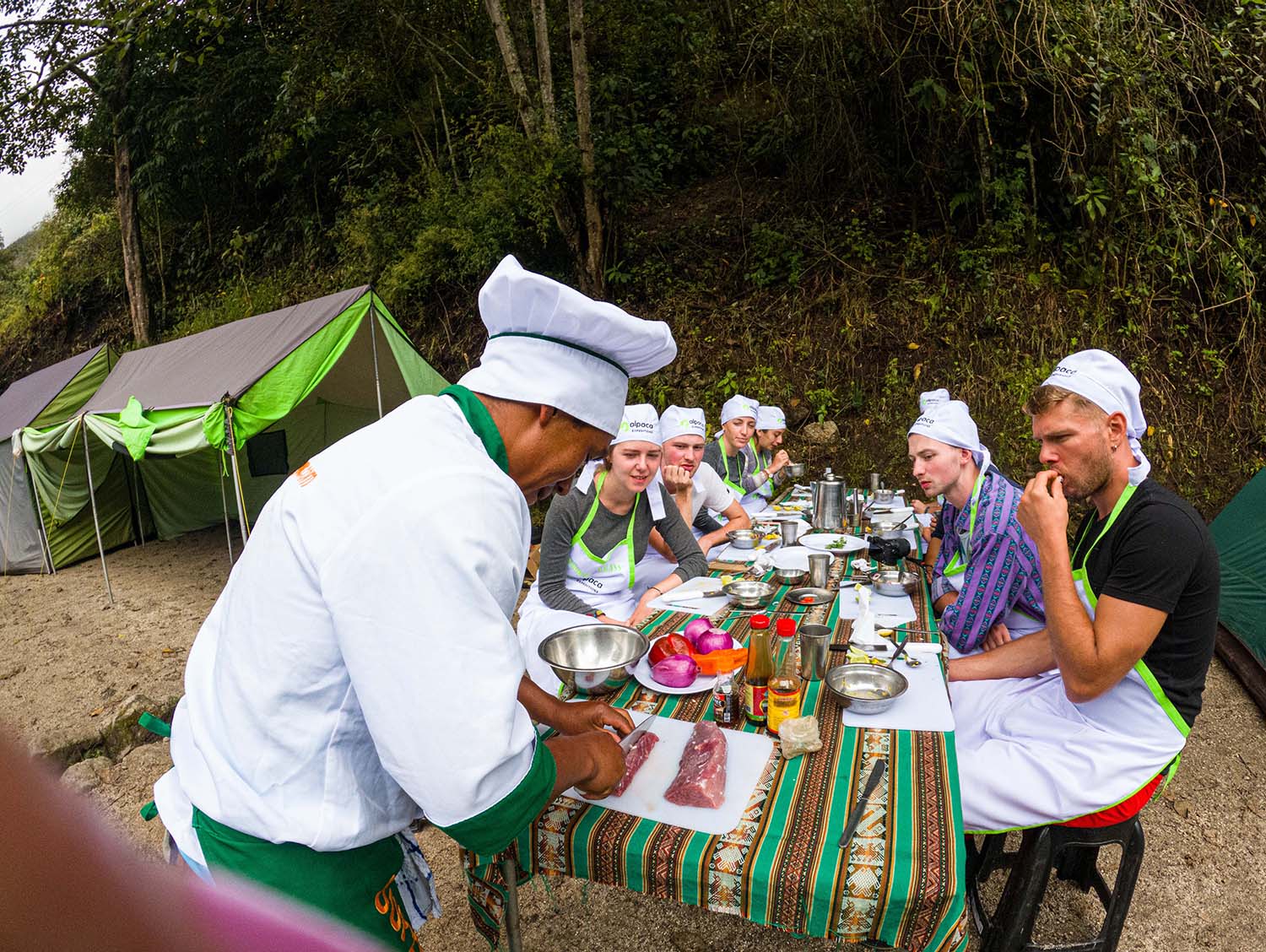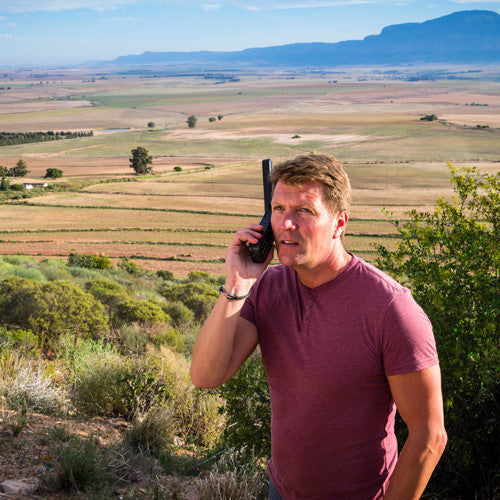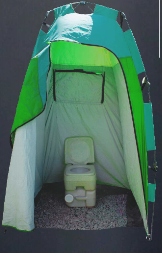Sacred Valley Tour & Train to Machu Picchu
2 Days / 1 Night
The Sacred Valley tour and train to Machu Picchu is designed for those who want a shorter tour option or families will spend a shorter time in Cusco. This tour is better suited for those who want to see incredible perspectives of Peru without needing to trek, as this tour is only taken by van and train. It’s also a great option for those who want to relax and enjoy a more laid-back experience. On this tour you will be able to enjoy the magnificent Sacred Valley by van where you will learn about the traditional lifestyle of local people, such as farming, religion, and language. You will visit some Incan sites such as Pisaq and Ollantayambo and see llamas and alpacas which are the traditional animals of the region. Then, you take a train to Aguas Claientes village, where you will stay the night. On the second day of the tour you will experience a scenic sunrise and tour in Machu Picchu.
Join us for a perfect relaxing Peru adventure full of history and culture across the Sacred Valley Machu Picchu!
Sacred Valley Tour & Train to Machu Picchu 2 Days / 1 Night
Sacred Valley Tour & Train to Machu Picchu Details
-
Explore the Sacred Valley
Sacred Valley of the Incas. Without a doubt one of the most beautiful parts of Cusco and it also has a variety of different places to visit. This amazing area is made up of different cities such as Calca, Urubamba, Pisaq and Ollantaytambo.
Our Sacred Valley tour to Machu Picchu includes visits to all of the archeological sites located within these cities making it the best Alpaca Expeditions tour package option if you’d like to see them as well as Machu Picchu.
-
Acclimate to Cusco Elevation
The Sacred Valley tour is a great option if you want to spend some time in Peru getting acclimated to the altitude prior to any larger hikes. Sacred Valley altitude is lower than Cusco’s and its climate is warmer so it’s a nice way to start your time in Peru.
-
Learn about the Local Economy and See Beautiful Peruvian Goods
Your tour to Sacred Valley Peru starts in Cusco where your first stop will be the Awanacancha textile center. Here you will be able to witness the traditional process of webbing and animal raising. The Sacred Valley tribe, or local people, raise their own animals to take their wool, color it naturally and web amazing clothing of the best quality. It’s a truly amazing cultural experience for everyone and you’ll even get a chance to purchase something from these local craftsmen.
-
Visit Pisaq Market and Enjoy Train Ride to Aguas Calientes
The tour will then continue with a visit to sites in both Pisaq and Ollantaytambo allowing you to enjoy a beautiful train ride to Aguas Calientes. Where you’ll spend the evening prior to your Machu Picchu visit the next day.
-
Spend a Full Day Admiring the Beauty of Machu Picchu
As the first group walking into Machu Picchu, you have the best chance at getting stunning photos with as few other visitors as possible. The views you see at this ancient Incan city are unlike any others. Enjoy a private tour and full day at the 7th World Wonder!
Highlights
Itinerary
-
Day 1: (SACRED VALLEY TOUR) Visit the Alpaca Farm, See the Sites of Pisac and Ollantaytambo, and Take a Train to Aguas Calientes
To begin the Sacred Valley & Machu Picchu Train Tour, we will pick you up from any hotel in Cusco at either 7 or 8 a.m., depending on what train you take back after your tour. You and your tour guide will take our private transportation to the first stop, the Awanacancha Alpaca farm. Here, you will see the traditional animals of the Incas: llamas, alpacas, viñuna, and guanaco. Your guide will give you background information and show you a potato display and a textile center, displaying how the wools are woven and colored. Good quality alpaca wool will be for sale. Then, we’ll drive to El Mirador del Valle Sagrado, the Sacred Valley Lookout Point, for amazing views and photos.
We will visit the famous Pisaq Market, where women come down from the Andean villages to sell their textiles and vegetables. The market is open daily but is busiest on Sundays, Tuesdays and Thursdays.
After the visit to the market, we will continue the journey up to the Pisaq Inca Archeological site, located on top of Pisaq Mountain in the Sacred Valley. Your tour guide will take you to the most impressive spots.
Then, we will drive along the valley for about 45 minutes until we reach Urubamba, where we will stop for lunch. You will have a fantastic selection of fresh dishes served buffet-style. After lunch, we will drive to Ollantaytambo to see the second-heaviest Inca monoliths. The ruins have an impressive Temple of the Sun, Moon, and The Temple of the 10 Niches. This living Incan town displays narrow walkways lined with water channels.
Your departing train will be at 16:36 p.m., you will need to head to the train station 30 minutes before and catch your train to Aguas Calientes, where you may have dinner there (the train schedule will depend on how far in advance you are booking and the availability of the train.) The train trip to Aguas Calientes is just under two hours, descending into the Cloud Forest, where you will see orchids, bromeliads and ferns. Upon arrival, our representatives will meet you just outside the train station and lead you to your hotel.
Hotel: Hotel
Tour Type: Historical and cultural, enjoy a private van tour and then train ride to Machu Picchu
Meals: Lunch and dinner.
Highlights: Alpaca farm visit, Pisaq Inca Archeological site, Pisaq Market, Ollantaytambo town and archeological site, Aguas Calientes -
Day 2: Machu Picchu Tour (The lost city of the Incas) & Return to Cusco
(MUST BOOK IN ADVANCE TO SECURE BETTER CIRCUITS FOR MACHU PICCHU CITADEL VISIT)
Today is the most important day of your visit to Peru and your trek, as you will explore one of the Seven Wonders of the World: the citadel of Machu Picchu. Machu Picchu is strictly regulated by the Peruvian government and UNESCO. After the pandemic, authorities implemented changes to preserve and manage visitor traffic, introducing up to 10 different circuits. Of these, the most significant and distinct are circuits 1, 2, and 3. The most recommended circuits are 2 and 3, with Circuit 2 being the best for those who haven’t completed the Inca Trail, as it includes the famous viewpoint. Circuit 3 is nearly identical to 2 but skips the main viewpoint. It is crucial to book your visit well in advance to secure Circuit 2 for the most comprehensive experience of Machu Picchu.
You will wake up early at your hotel, often taking a packed breakfast, as it’s essential to arrive early at Machu Picchu. Although an early rise can be tiring, this unique experience is absolutely worth it. After breakfast, you’ll leave larger items like suitcases and duffle bags at the hotel, bringing only a small backpack with essentials such as sunscreen, mosquito repellent, hat, camera, original passport (and student ID if applicable), and water. You’ll walk approximately five minutes to the bus station. The first bus departs at 5:30 AM, but arriving earlier is necessary as there will be a queue. Seating is not guaranteed and depends on arrival order. The bus ride takes around 25 minutes to Machu Picchu’s entrance. Before entering, it’s recommended to use the public bathrooms (cost: 2 soles).
Once inside, those with Circuit 2 will head to the Machu Picchu viewpoint near the Watchtower, while Circuit 3 begins at the agricultural terraces. Here, you’ll have time for iconic photos and receive an introductory talk (15-30 minutes) about Machu Picchu’s history. Your guided tour through temples, palaces, terraces, fountains, and residences will last around 2.5 to 3 hours, with ample opportunities for photos and videos. Afterward, you’ll have approximately 30 minutes of restricted free time. For additional exploration, you may consider purchasing a separate ticket for Circuit 1 to revisit the viewpoint, though this must also be booked in advance.
Visitors who reserved Huayna Picchu mountain will return to the Huayna Picchu entrance to begin their ascent. This climb takes about 45 minutes up, with 30 minutes at the summit and 45 minutes to descend back to Machu Picchu. This ticket is limited to 400 people daily and requires advance booking.
Those without Huayna Picchu or an extra Circuit 1 ticket will exit Machu Picchu after the guided tour and return to Aguas Calientes by bus. Everyone will eventually exit Machu Picchu from the same location, whether returning from mountain hikes or viewpoints. Aim to be back in Aguas Calientes around 1 PM for a final lunch together (not included but highly recommended). The Expedition train back to Ollantaytambo departs approximately at 2:55 PM. This comfortable train, featuring large windows, offers beautiful views ideal for photography. An upgrade to the Vistadome train is possible, though it departs later and features dance performances and alpaca clothing sales at higher prices.
Upon arrival in Ollantaytambo, Alpaca Expeditions transportation will bring you back to Cusco, where smaller vehicles will take you directly to your hotel or Airbnb, typically arriving by 8 PM at the latest. Airport transfers can also be arranged.
Although the day is long and busy, it is incredibly rewarding and memorable. We take pride and care in ensuring the best experience for all our travelers.
Hotel: No hotel as we return to Cusco this day
Tour Type: Historical and cultural Machu Picchu tour and exploration
Meals: Breakfast at the hotel
Highlights: Full Day enjoying Machu Picchu and Aguas Calientes.
Inclusions
-
Included
- Professional Guides: All of our guides studied English and tourism at Cusco National University. They all grew up in this region and have a true passion to teach others about their heritage. They are fun yet professional, and will ensure you are safe and happy.
- Hotel: We include a 3 star Hotel in Aguas Calientes. Most often, it is La Cabana Hotel, based on availability. This hotel can be upgraded to any hotel in the town for the price difference. It is also possible to book this tour without a hotel for $40 off our listed price (per person). Our price is based on rooming two people per room. There is a $50 surcharge for a single room at La Cabana (prices vary by hotel).
- Transportation: All your transportation is included in this trek. You will be picked up directly from your hotel around 8 a.m. to begin this tour. There will have time to enjoy dinner in Ollantaytambo before taking the 7 p.m. expedition train to Aguas Clients. The train returning to Ollantaytambo is again, expedition class. Upgrades to the Vistadome are available for $75 per person, one way, or $125 per person, round-trip. Once you arrive at the train station, you will be brought back to your hotel in Cusco. Your round trip bus ticket from Aguas Clientes to Machu Picchu is also included.
- Train Tickets: Train tickets are in Expeditions tourist class. Your train from Ollantaytambo to Aguas Calientes will be at 16:36 pm and from Aguas Calientes to Ollantaytambo at 14:30 pm. If you are interested in upgrading to the Vistadome train, it will be $75 one way and $125 round trip. These train times will be 15.37 pm from Ollantaytambo to Aguas Calientes and 15.20 pm from Aguas Calientes to Ollantaytambo.
- Meals: During the Sacred Valley tour, we will stop for lunch. Dinner will be at a restaurant in Ollantaytambo. Breakfast will be available at your hotel. All three of these meals are included in your tour.
- Entrance Tickets: one day tourist ticket for Sacred Valley and entrance to Machu Picchu is all included on this tour.
-
Not Included
- Huayna Picchu: Huayna Picchu is the mountain that stands next to Machu Picchu. It is a 45 minute hike to the top. Going back down is quite steep, if you are scared of heights. This is done without your tour guide, after your tour of Machu Picchu. The cost is $75 per person. Arrangements need to be made at least one month in advance, due to popularity. Please understand that weather is out of our control
- Day packs: It is suggested to carry snacks, water, a hat, clothing layers, bug spray, etc. at all times, so you will likely have a small bag. We do not provide this and it should not exceed 25L.
- Flights: Flying to Cusco can be tricky. Delays occur often and it is not uncommon for flights to be cancelled. Please be sure to arrive in the city at least two days before your trek start date. LAN Peru is the most reliable of the airlines. Avianca and Peruvian Airlines are acceptable companies, as well. You will not return from your trek until around 8 p.m. on day two, so be sure your flight is not until the next day, when leaving Cusco.
- Gratuities: Tipping is always appreciated and should be based completely on your satisfaction. Although it may not be customary to you, it is of considerable significance to the people who will take care of you during your travels.
- Travel Insurance: This is not required, but always recommended. For those of you who live at sea-level, landing in Cusco will take an adjustment period. Most people need one or two days to adjust. In case you have a hard time adjusting to the altitude, it is suggested to have protection for missed tours.
Price
-
As long as we meet our minimum of two people, our train tours can leave any day of the week, twelve months a year.
- $550 per person
-
Hotel:
La Cabaña (or similar)
This is a 3 star hotel. It is assumed you will share a room, either a double, matrimonial or triple. There is a single room surcharge of $60 per person, if you are booking alone. Rooms include private bathrooms with hot showers and wifi. We can also upgrade your hotel, if you prefer something fancier. Please remember that the service in Aguas Calientes may not be comparable to that of Cusco.
-
Student Discount:
Student discounts apply to anyone who has a valid UNIVERSITY STUDENT CARD at the time of the trek or who is 17-years-old or younger. For those using an university student card to receive the discount, we need to see a copy of the card at booking. For those booking children 17-years-old or younger, we need a copy of their passport at booking time. Please send all to info@alpacaexpeditions.com.
$25 off per person
More Information about STUDENT CARD
-
Additional Items:
There are several optional upgrades you can include in this trip. Below is a quick list of prices, but check our Overview section for more details
Huayna Picchu: $75 per person
Vistadome Train (one way): $75 per person
Vistadome Train (round trip): $125 per person
City Tour: $150 per group of six, if booked with this trek
Travel Info
-
Getting to Cusco
The airport in Cusco currently is only for domestic flights, so all international travelers by plane must disembark in Lima and go through Customs. Even if your flight to Cusco is the same day by the same airline carrier, you must grab your bags in Lima and then check them back in.
The best way to get to Cusco is by air and there are several options in airlines. LAN tends to be the most expensive, but has the most options and flights. Expect delays or flight cancellations. Due to the high altitude of Cusco, it tends to be difficult to land and any acclimate weather will stop air traffic. Bus travel is always available and while the trip can be long, especially from Lima, the buses in Peru are very well maintained and comfortable. This option is strongly encouraged if coming from a city closer to Cusco, like Puno. Lima buses will take about 20 hours to arrive.
-
Luggage Storage
Even though this is an overnight tour by train, your luggage allowance is still limited due to restrictions on the train. All bags brought to Aguas Calientes (Machu Picchu) need to be carry on size. Any extra luggage you have with you can be left safely in Cusco at either your hotel or with us at the Alpaca Expeditions deposit while you trek. We will grab from you the morning of your tour and return once you are back in Cusco. Make sure your bags have some kind of identification on them so they are easy to locate.
-
Altitude
As soon as people book their trip to Peru, specifically Cusco, they start wondering about altitude sickness. The air at high altitudes contains less oxygen than at sea level and forces your body to work harder to get the oxygen it needs. Over several days at high altitude, your body adjusts to the lower amount of oxygen in the air.
With altitude sickness, you may first feel like you have the flu or a hangover. You may have a headache, tiredness, loss of appetite, nausea or vomiting, dizziness, trouble sleeping, trouble breathing during exercise. If any of these effects become severe, please contact our office and we will help you get to a doctor.
Most of the time, these symptoms will be mild. We always recommend easing into activity slowly, allowing your body to adjust. Drink plenty of fluids such as water or coca tea. Coca tea has been used since ancient times to help prevent altitude sickness. Leaves from the coca plant contain alkaloids which helps bring oxygen into your blood, helping your body avoid the effects of altitude sickness. Avoid drinking a lot of alcohol and coffee. They will cause you to urinate more often and become dehydrated. Avoid smoking. Smoking makes it more difficult for your body to get oxygen. Avoid sleeping pills. They may cause shallow breathing at night, making it more difficult for your body to absorb oxygen while you sleep.
Your healthcare provider may prescribe medicines, such as acetazolamide and dexamethasone, to help prevent altitude sickness. Start the medicine two days before you get to a high altitude. Continue to take it while you are at high altitude.
-
Weather
Of course weather is unpredictable. Typically the dry season in Cusco is from April through October, but this does not stop rain from falling in June or the sun from coming out in December – just be prepared. No matter what month you are doing the trek, please make sure that you have rain gear that includes a waterproof jacket, pants, poncho and waterproof gloves.
Also prepare for four seasons. Many of the treks through the Andes involve many micro-climates and you will need to be prepared for all seasons. Layers are always key as they are easy to adjust to the different temperatures. And evenings will always be cold, so please be prepared with a warm, winter-weight jacket.
-
Travel Insurance
To protect your travel investment, we highly recommend the purchase of travel insurance. Obtaining travel insurance before you leave home is strongly encouraged and very easy. In fact, we work with a great agency in the United States that has helped to make it easy and affordable. This is a great way to protect yourself while visiting Peru.
If interested in booking through our trusted partner, Ahart, Frinzi & Smith, CLICK HERE.
-
Community
Alpaca Expeditions is really proud of the work we do for our community. This is a main focus for our company. We have worked with villages directly to help supply them with needs their families were missing. We have supported local schools by giving them computers and books. We currently sponsor a teacher at the village most of our porters come from to ensure their children are offered the best education.
We buy all our food from local farmers and markets and serve the freshest ingredients. We provide English classes for all our team: guides, porters, chefs and drivers. And we are building a house for our porters to give them a safe and comfortable place to stay before and after our treks so they no longer need to sleep on the floor of a friend.
And twice every year we bring our porters and their families to Machu Picchu. This is our favorite trip to do as the guys who work tirelessly have never visited the Lost Citadel of the Incas. Showing them this place is our biggest honor.
We are always looking to do more for our partners. Please let us know of your ideas and we will work to help.
Sacred Valley & Machu Picchu 2D/1N
Please fill in our BOOKING FORM carefully with your correct personal details.
The Alpaca Difference
Alpaca Expeditions is a 100% peruvian, indigenous owned company. Started by Raul Ccolque, a former porter and tour guide, Alpaca Expeditions separates ourselves by our dedication to both our customer and our team. We work very hard to make sure that all our clients needs are taken care of throughout the tour with us. At the same time, we never forget about our brothers and sisters working tirelessly for us to make all of this possible. Responsible and sustainable tourism that gives as much to our community as to our clients.
Meet the AE Trekking Team!
Everyone on the Alpaca Team is from Cusco region, living the traditions and history they share with you while on one of our tours. Our guides are all graduates of university studying tourism, history and english. Our chefs are trained every February by a professional cooking team learning new meals, adding varieties of entrees for all types of eating. And all our porters are from HUARQUI, HUACAHUASI, PATACANCHA, QUISWARANI, CANCHACANCHA, QUEYUPAY, UMACHURCO and CCACCACCOLLO villages, very often working this job on top of maining their farms back at home. Most of our team has been with us for years, as we have the most loyal, hard working, happy employees in Cusco. We know how lucky we are to have the best team trekking and you will immediately fall in love with all the men and women who call Alpaca Expeditions their home.
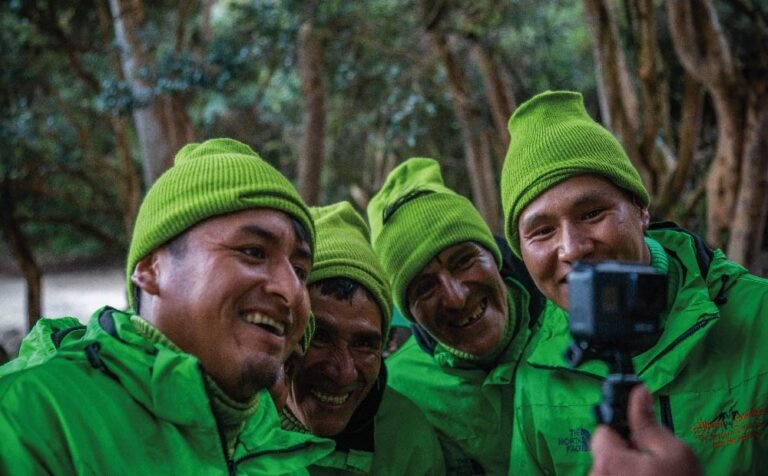
AE súper porters
Our Porters represent the Peruvian people, both men, and women who are at the heart of our...
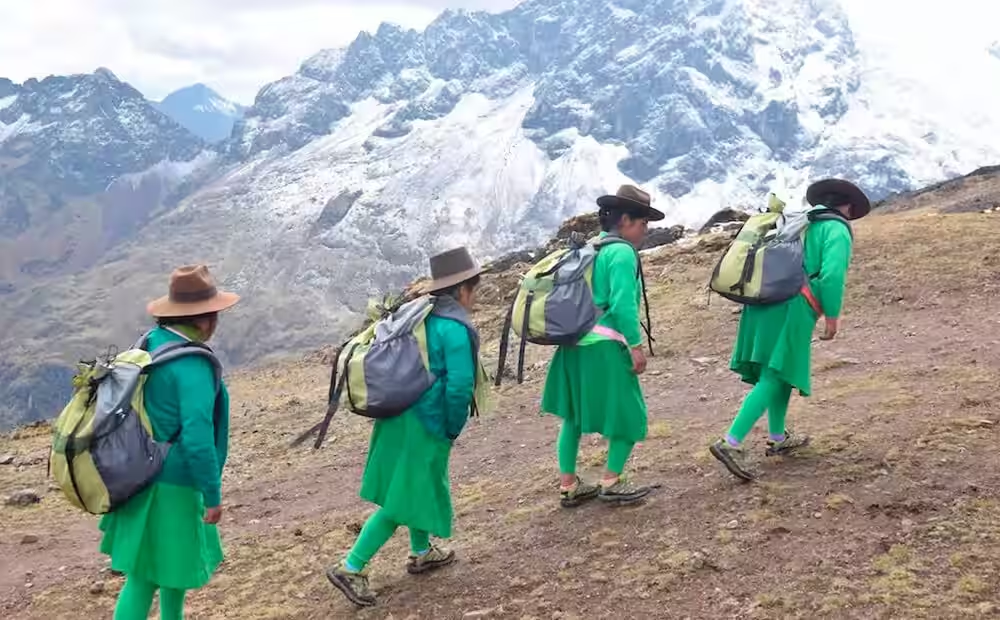
Equality Matters
Alpaca Expeditions aims to promote gender equality and empower women, hiring first Peru Wo...
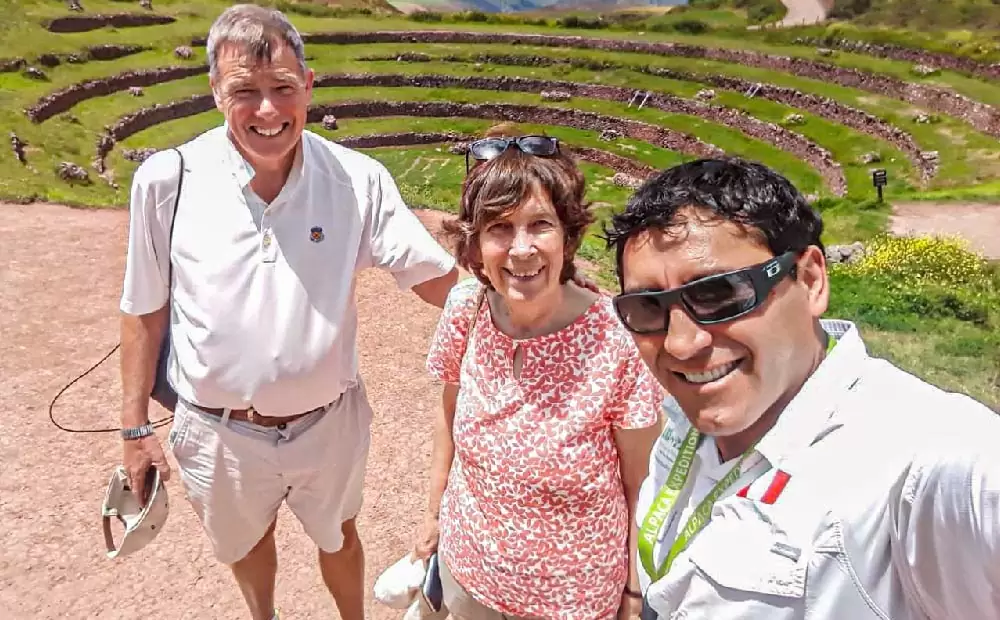
Our Guides
Travelling and trekking along the mountains is one of the best activities in the World. Co...
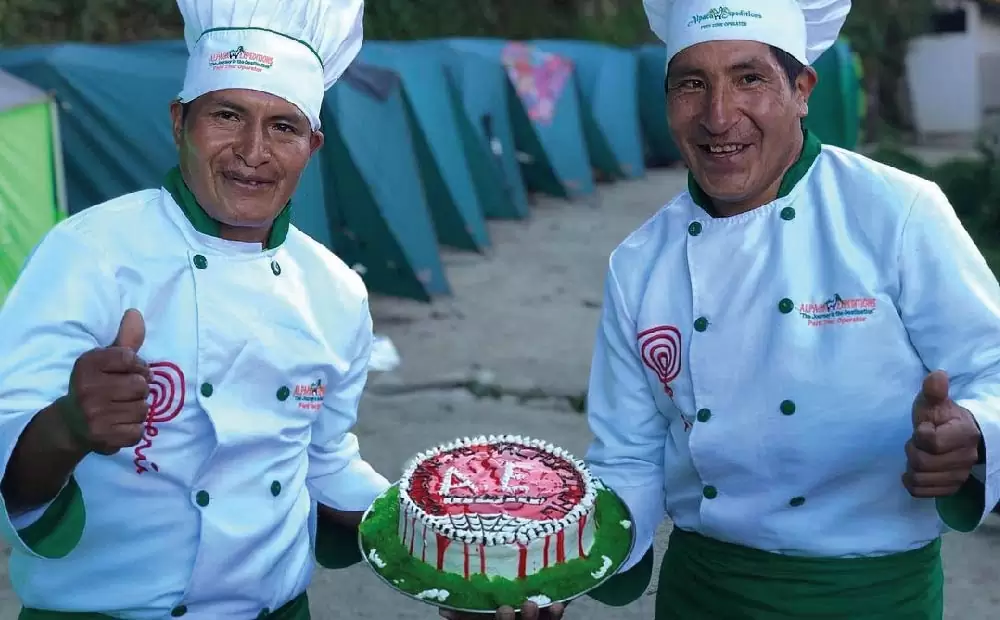
Our Chefs
Trekking along the mountain on your way to conquer Machu Picchu is a once in a lifetime ex...
What do we do for our porters?
Alpaca Expeditions would not be where we are today without these hardworking men and women. We could not imagine a harder job and our team does it smiling. We do our best to thank them for their hard work and loyalty by doing as much as we can to make their lives and their families lives better. All our porters receive all their equipment for free from warm winter hats to proper hiking boots. They sleep in proper tents and are given warm sleeping bags for night. They enjoy the same food we serve our clients and all leftovers are donated to their families. We visit their villages with doctors and dentists, donate school supplies and sports equipment. And our favorite time of the year is when we bring a group of porters and their families to Machu Picchu to visit the ruins for the first time.

AE súper porters
Our Porters represent the Peruvian people, both men, and women who are at the heart of our company. It is not possible to ...

Equality Matters
Alpaca Expeditions aims to promote gender equality and empower women, hiring first Peru Women as Porters opening the door ...
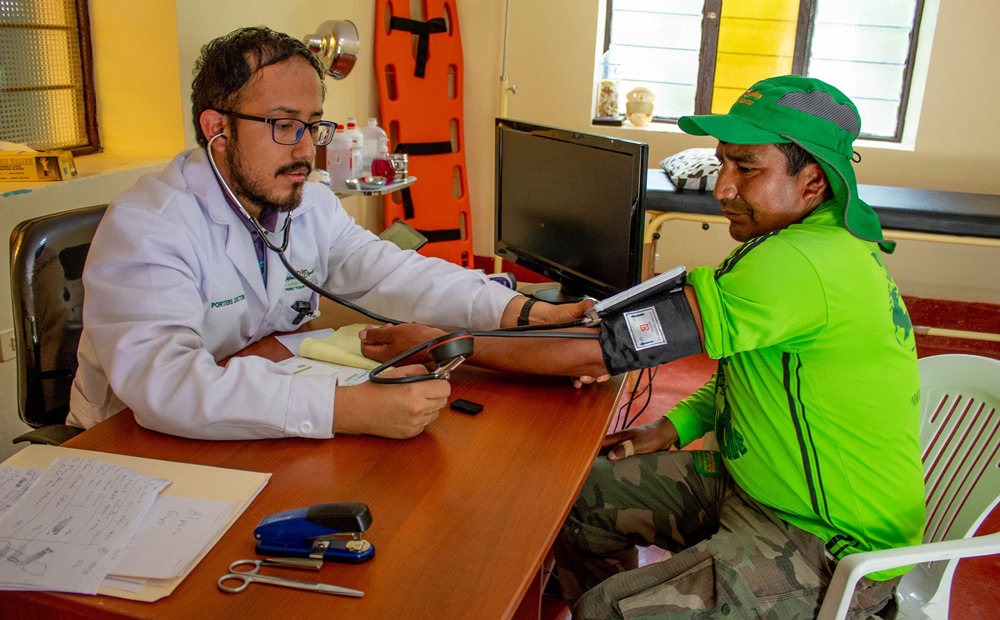
Free Medical Assistance to Porters
In 2019, we hired our first Alpaca Expeditions Medical Doctor to help tend to our guides, drivers, chefs…
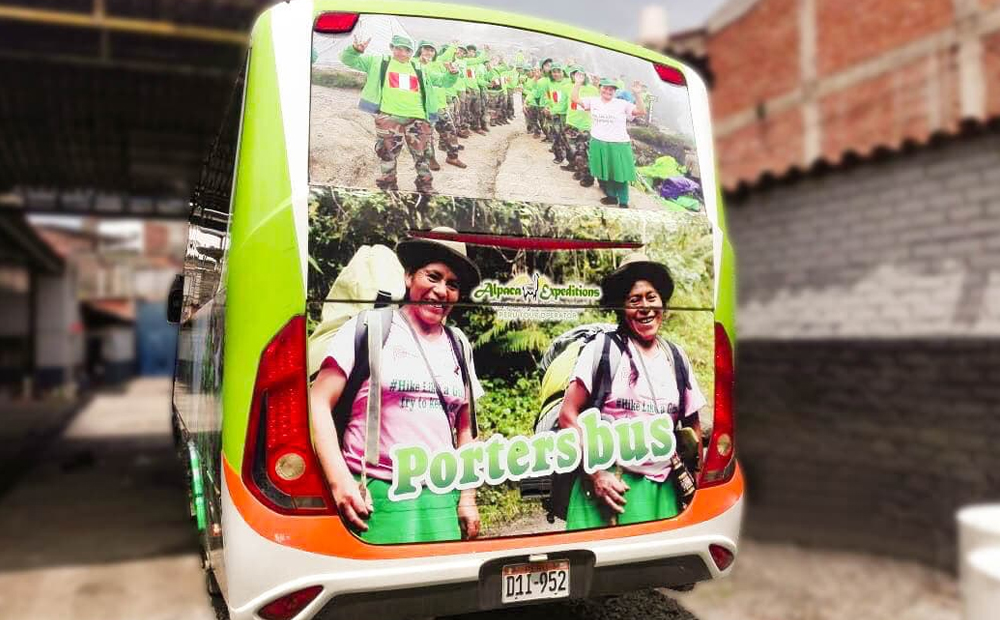
Our Porter’s bus
We treat our porters with the same dignity and respect as we do our clients. Just as our clients enjoy our…
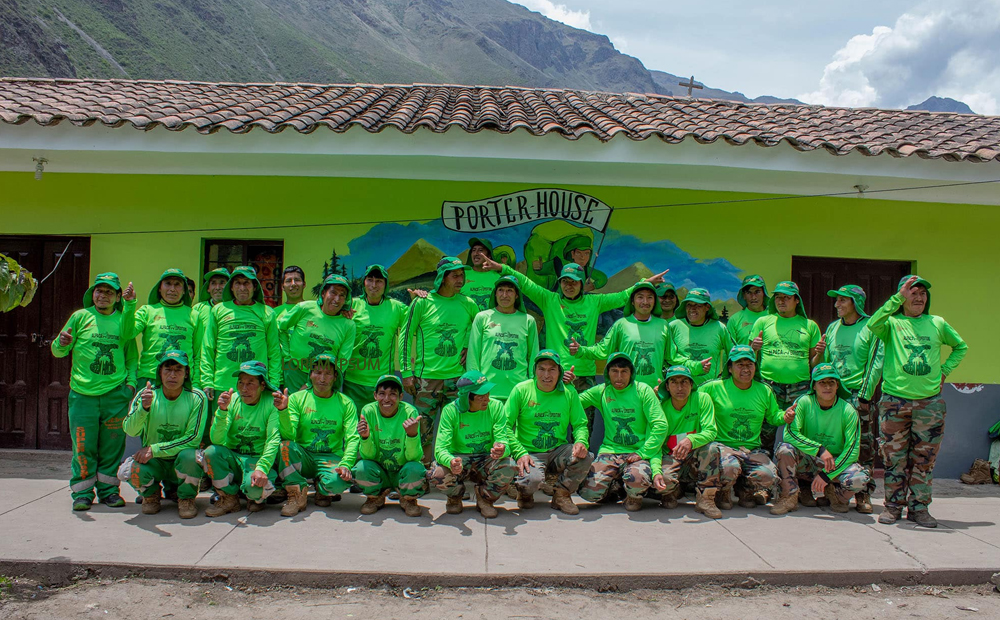
Our Porter’s House
As we mentioned above, our Porters like many Peruvian people come from distant villages to work our treks…
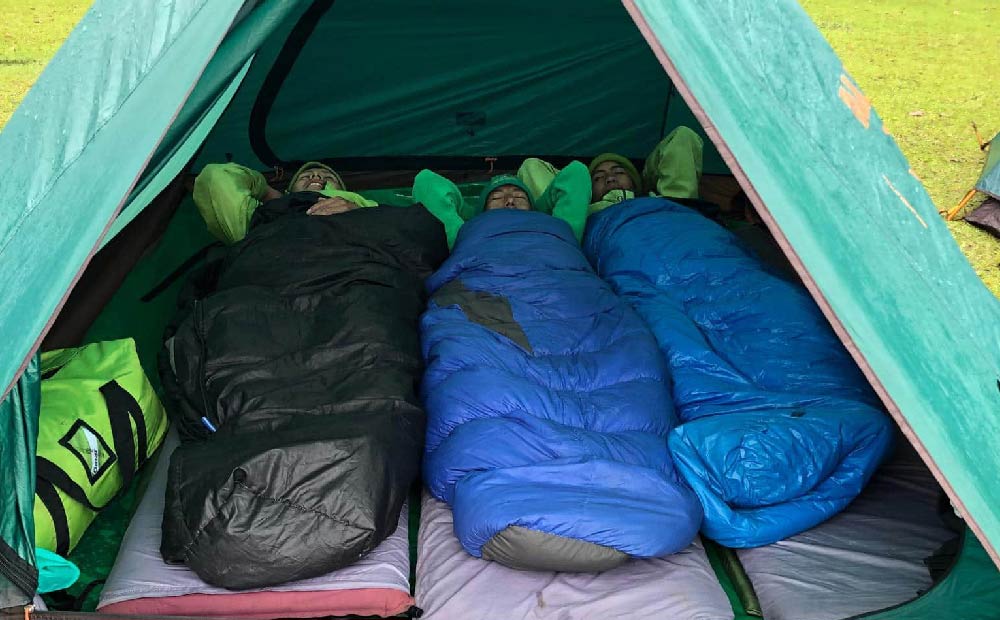
Tents and Sleeping bags
Again, this is something unique that Alpaca Expeditions provides, and sad others are not doing. We supply…
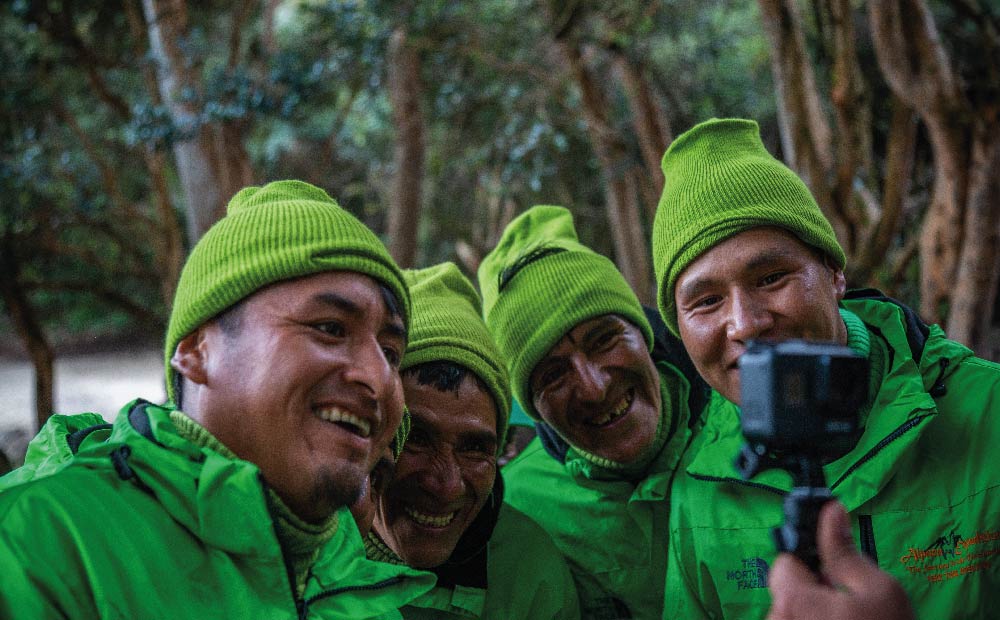
Proper Equipment for our Porters
Every porter of ours receives proper equipment. That includes moisture-wicking long/short sleeve shirts…
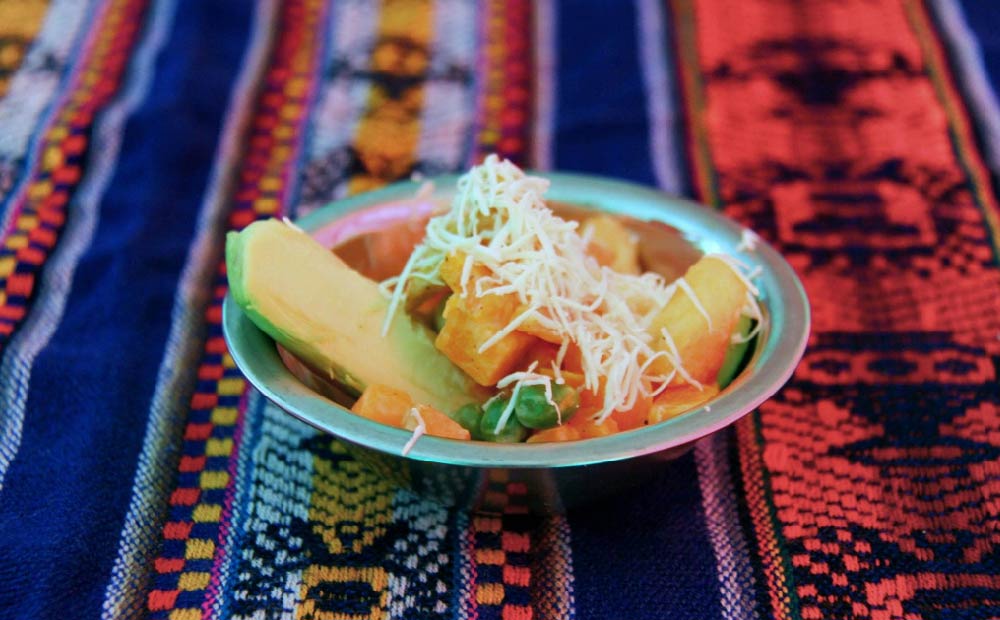
Nutritious Meals for our Porters
A general comment from trekkers on an Alpaca Expeditions tour is that we serve too much food. Well…
Videos of our Porters
Extra information
Alpaca Expeditions is always ready to make your trip safe and as easy as possible for you. Because these trips are a bit more complicated than your typical tour, we have put together some notes on logistics, storage, and even recommendations on where to stay in Cusco. And of course our team is ready to answer any other question, as we promise to be your partner from the moment you first contact us to our last goodbye in Cusco.
Alpaca Expeditions Recognitions
ISO (International Organization for Standardization)
In the pursuit to stand out from the rest, Alpaca Expeditions has obtained four ISOs plus our carbon footprint certificate to date. These achievements result from our efforts to implement the internationally-recognized integrated management system. They also represent our commitment to all of our clients and staff of operating sustainability and responsibility in every way possible.
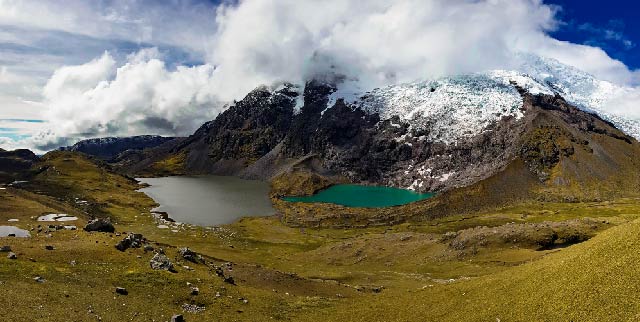
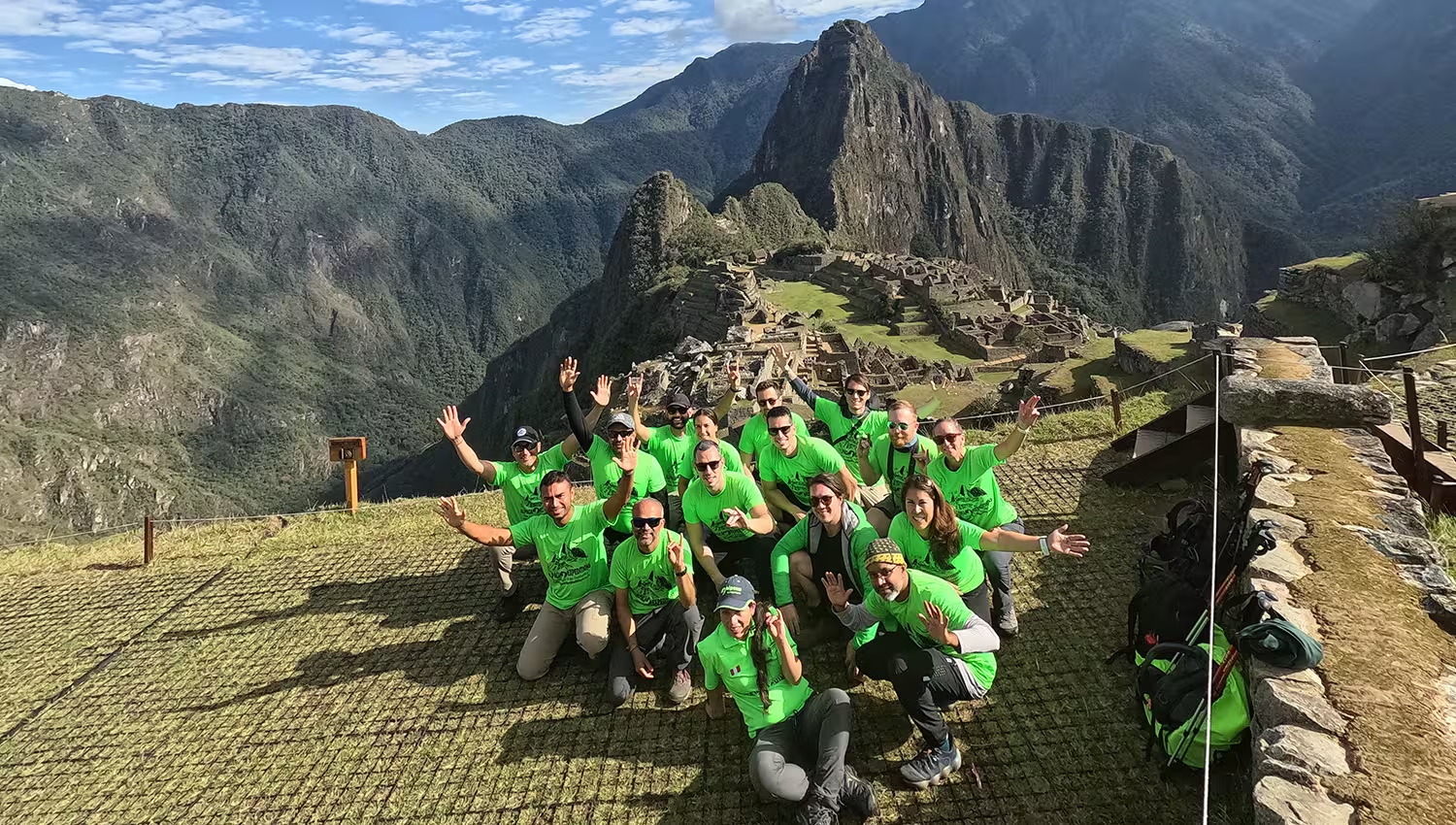

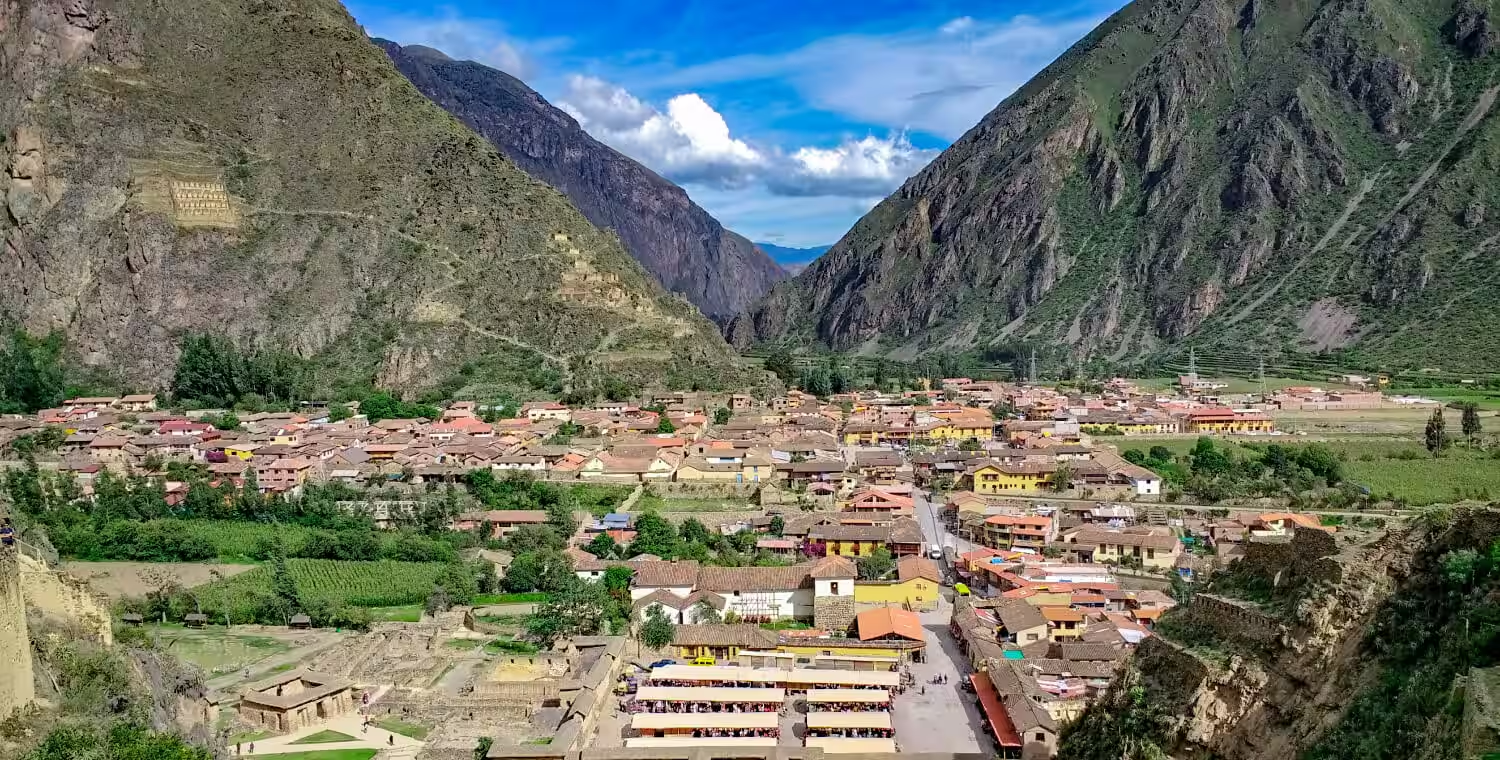

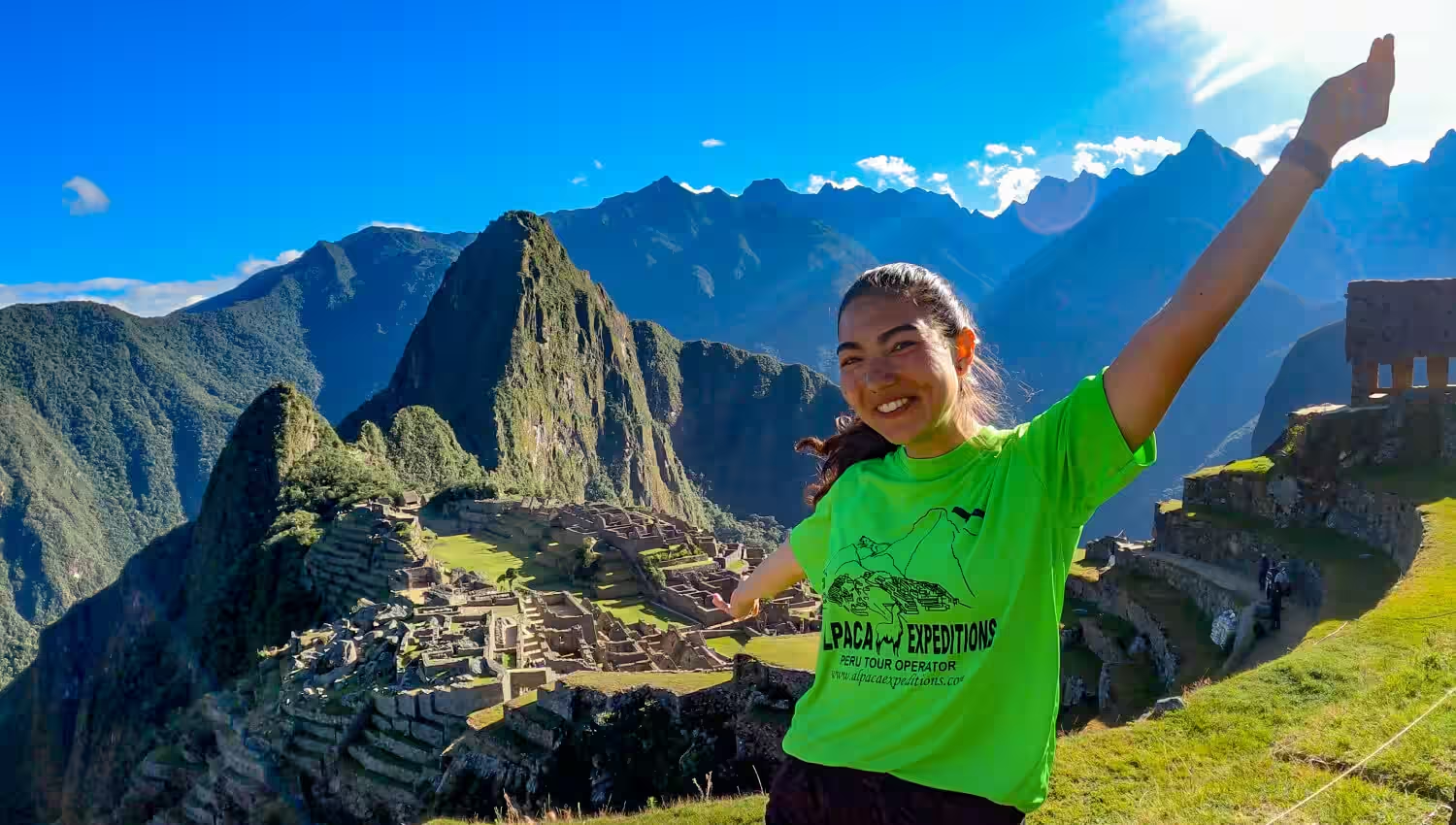
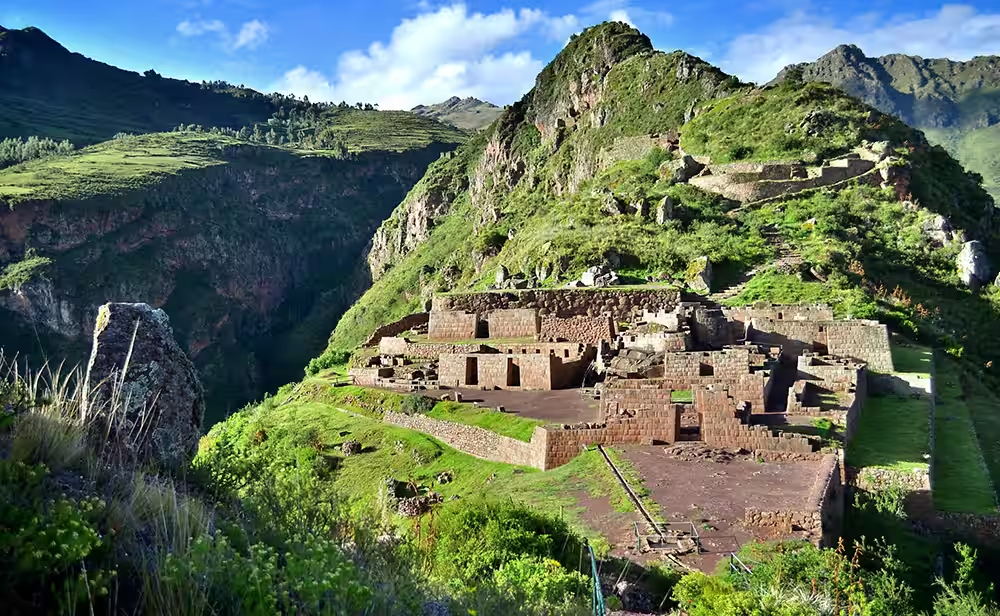
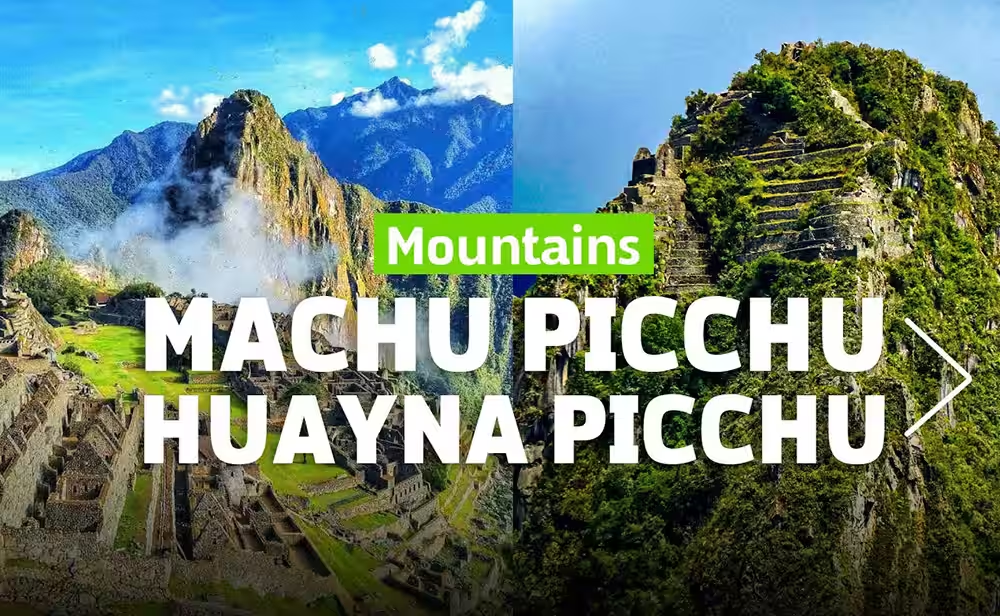
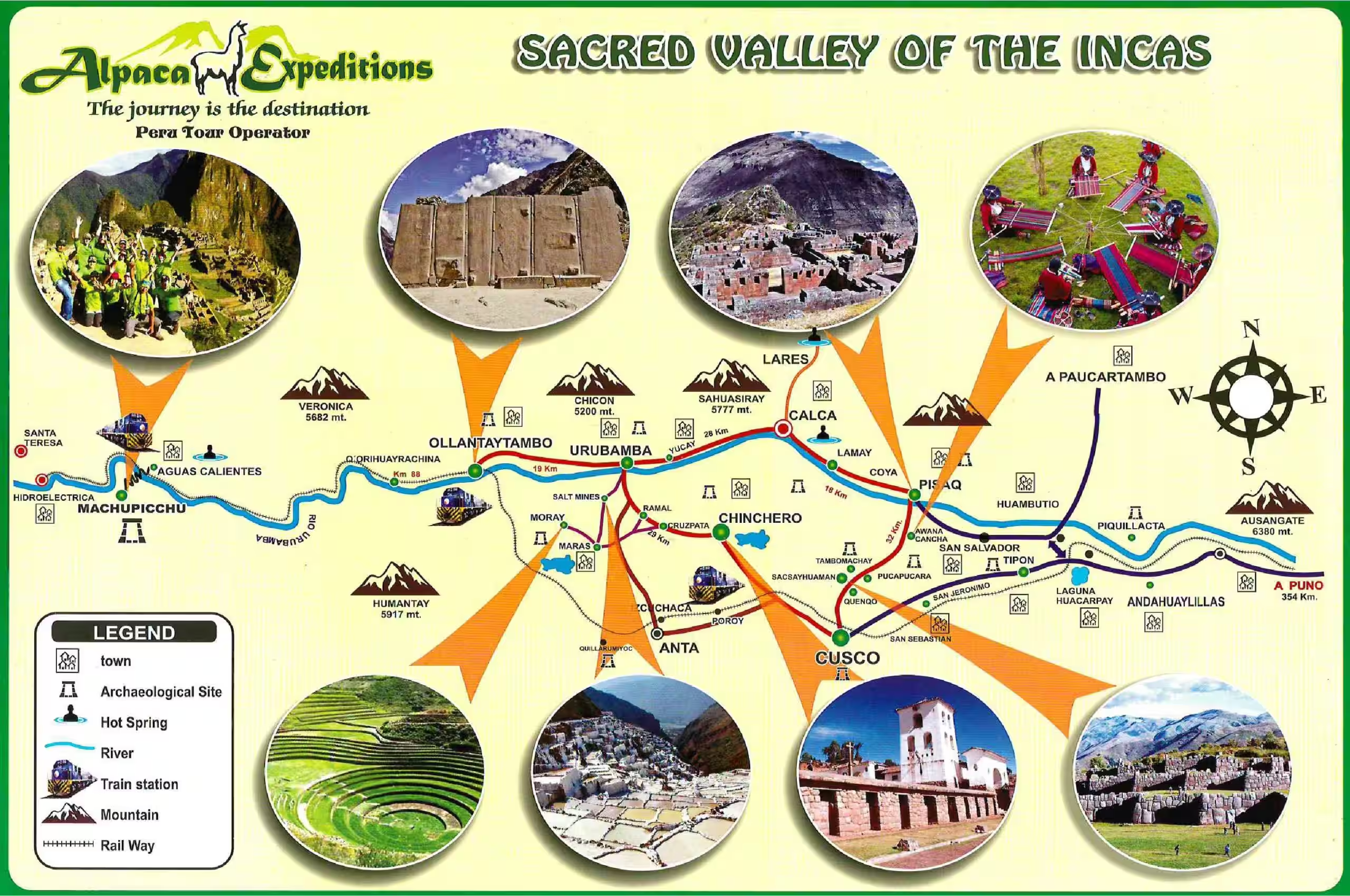
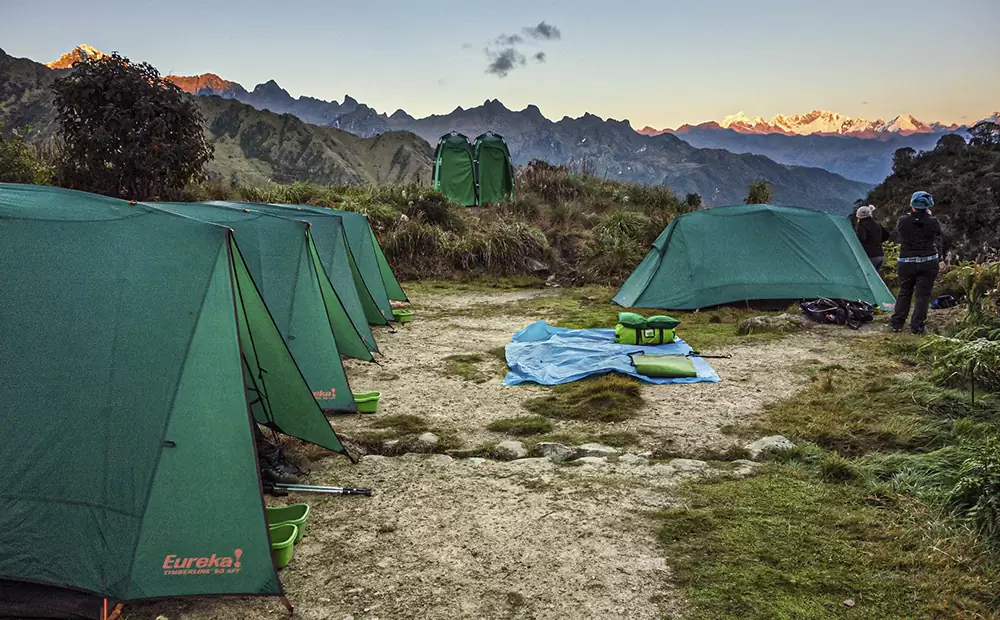
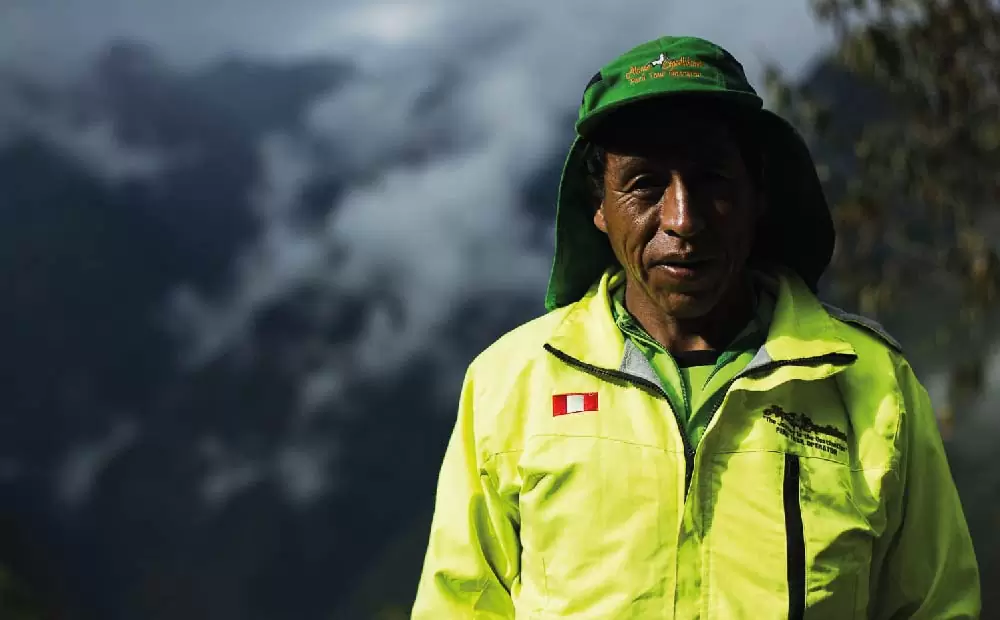
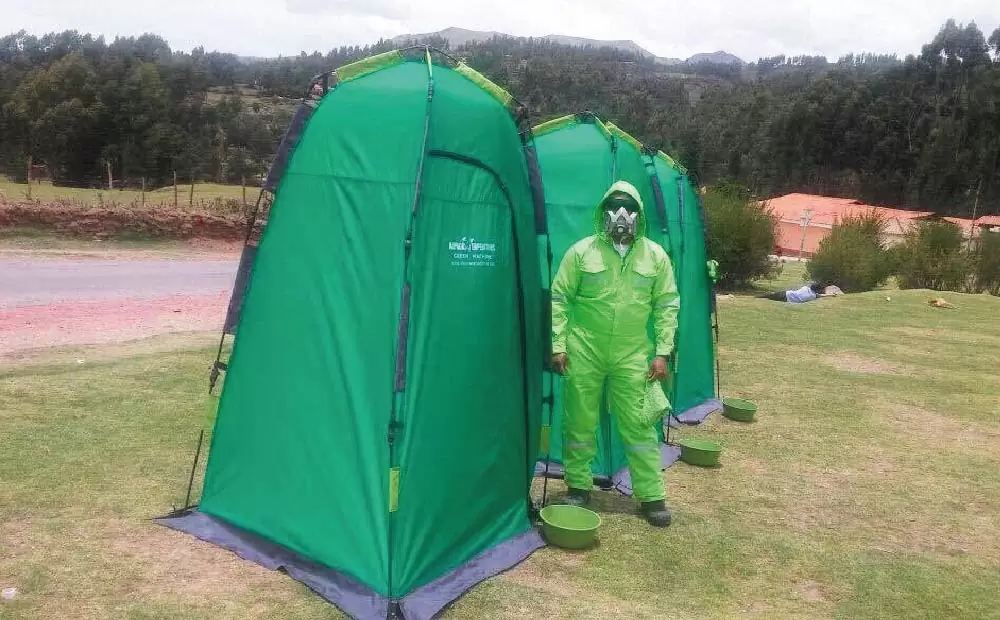
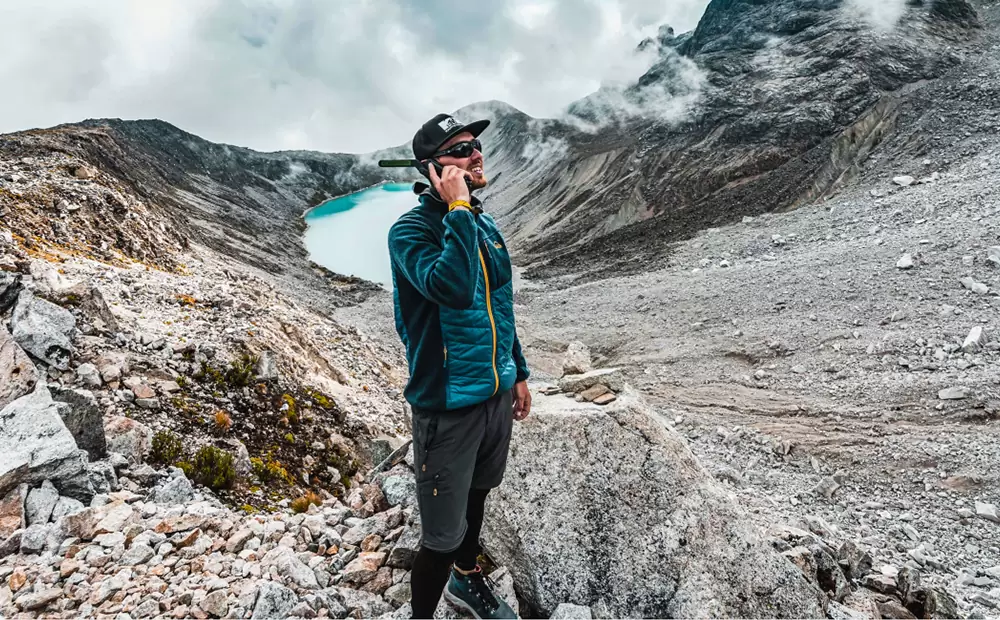
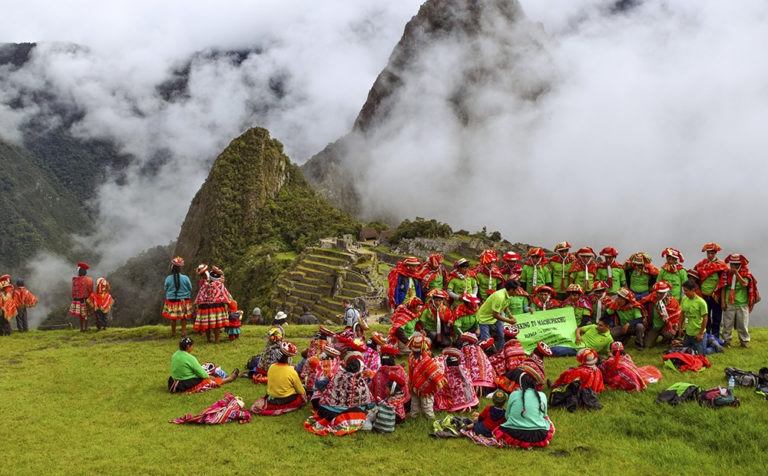
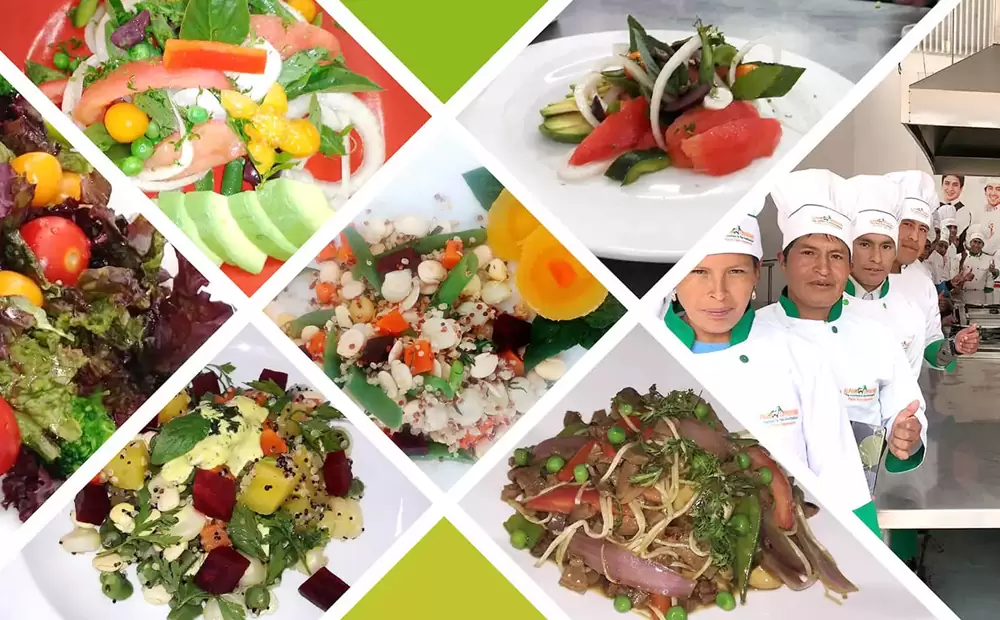
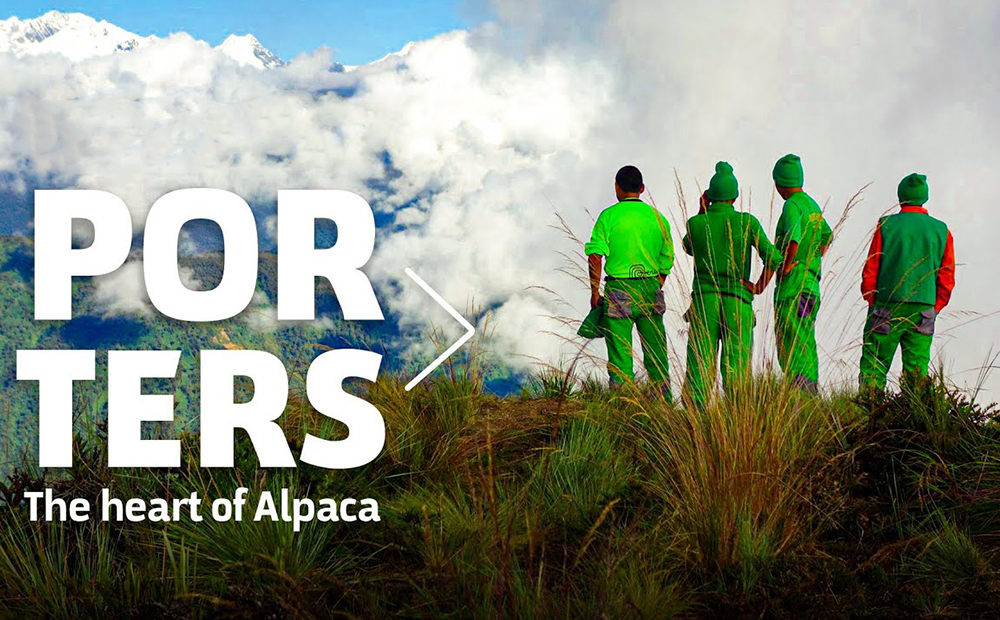
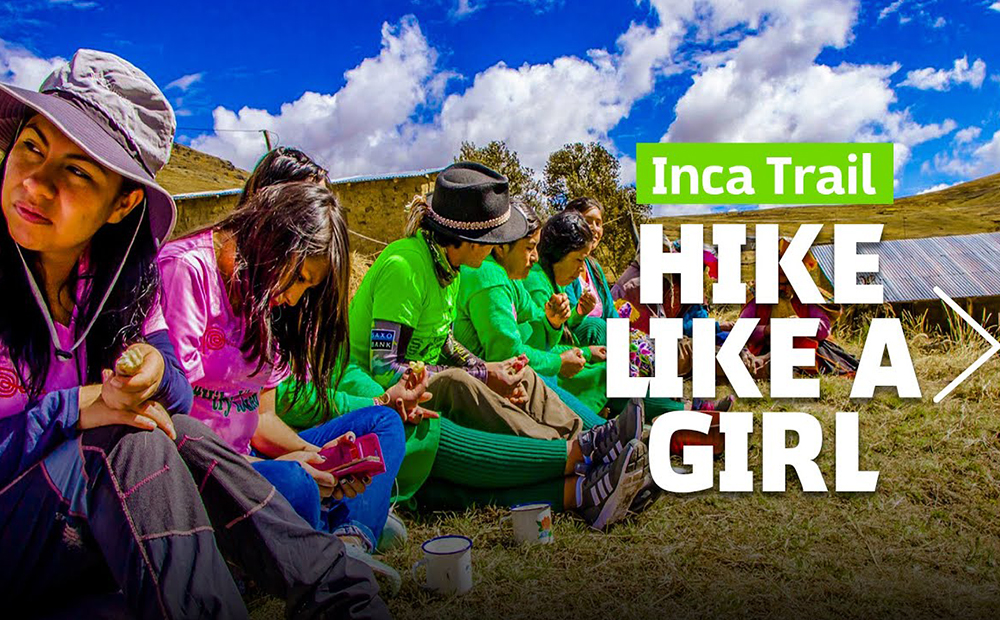
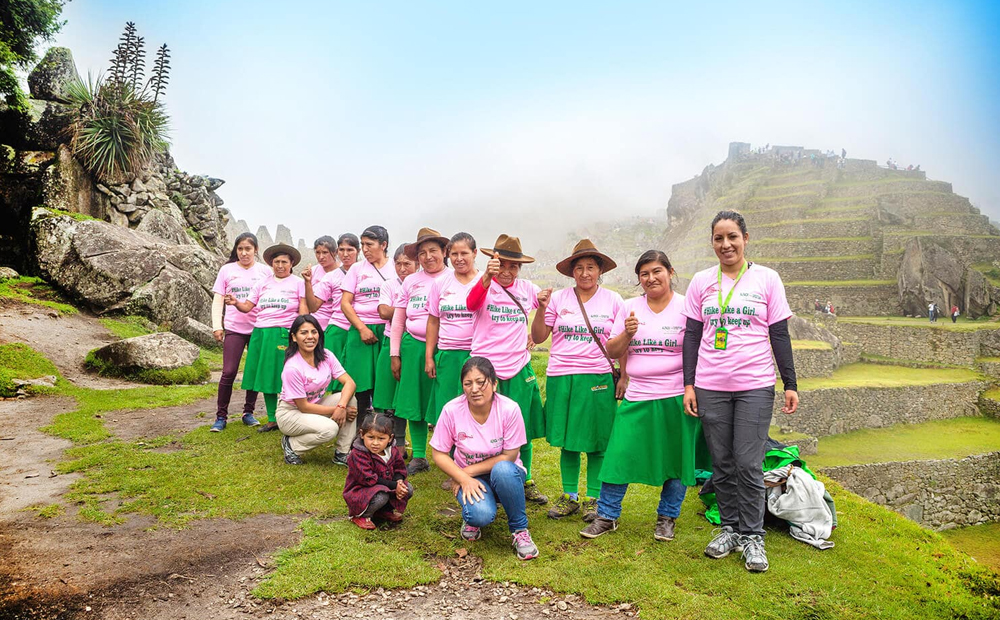
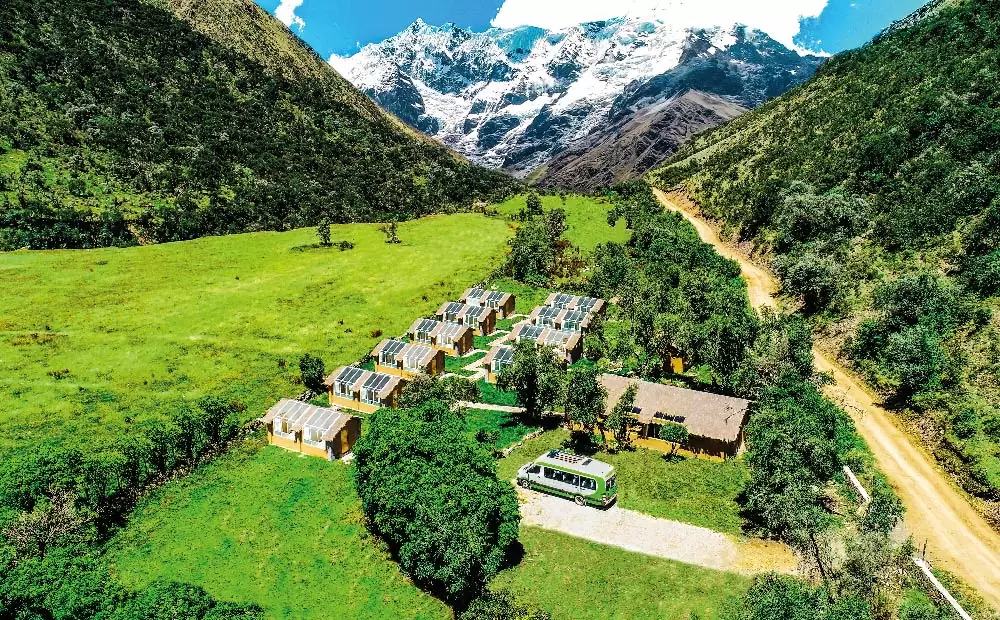
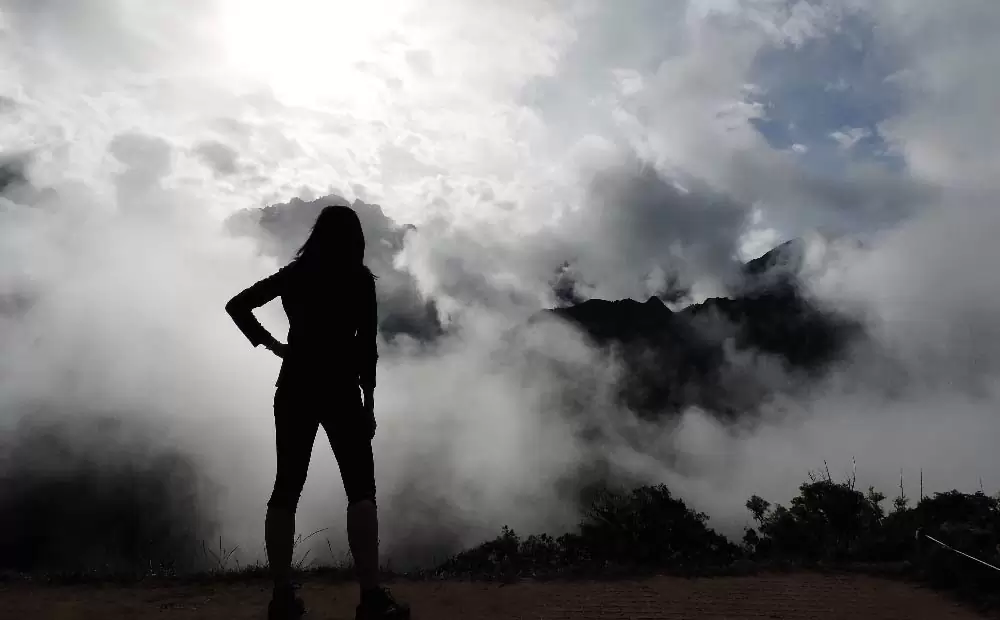
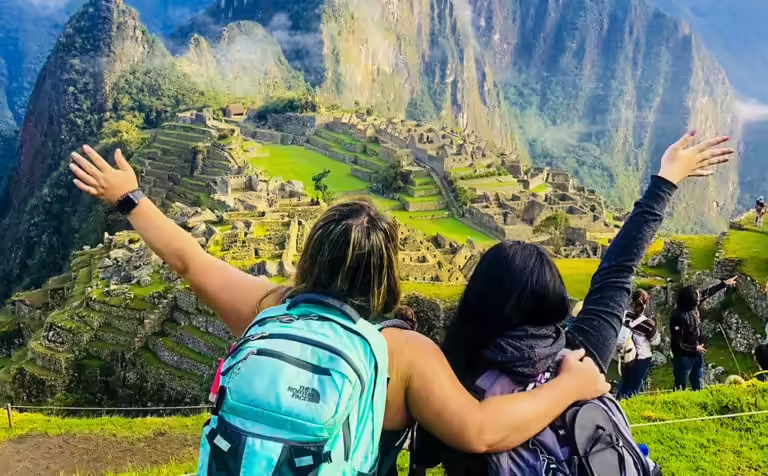
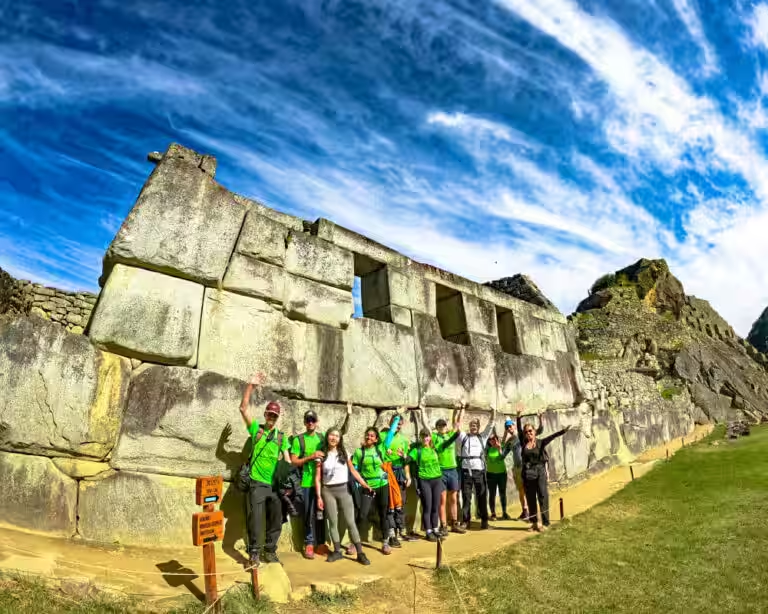
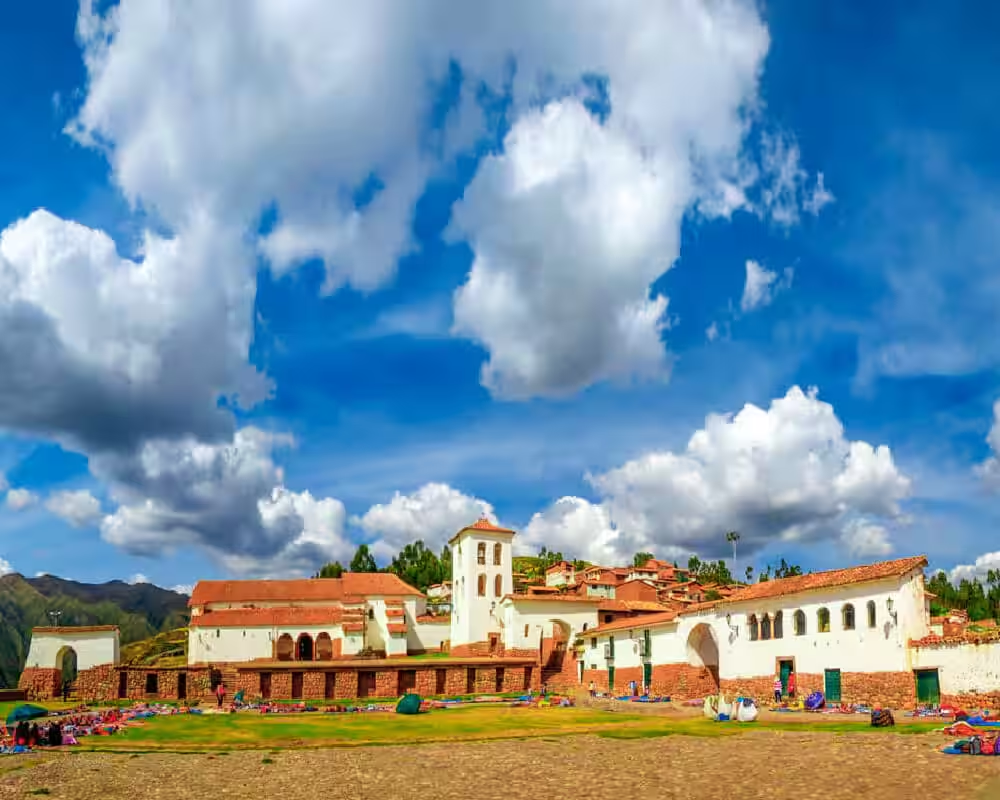
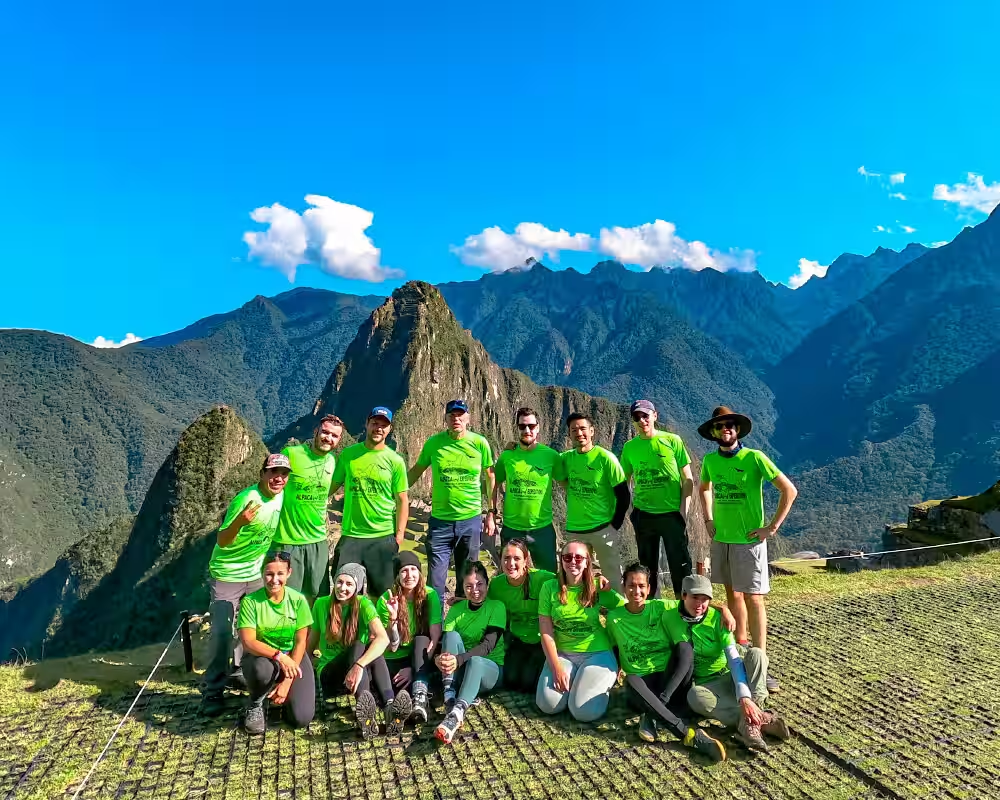
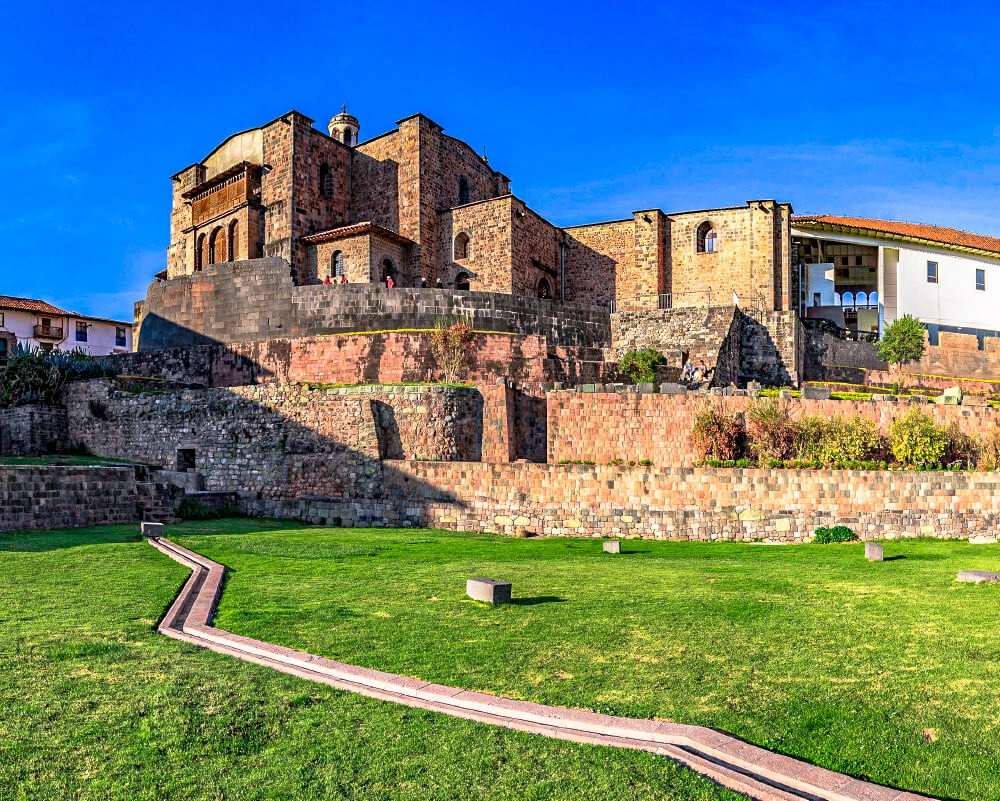

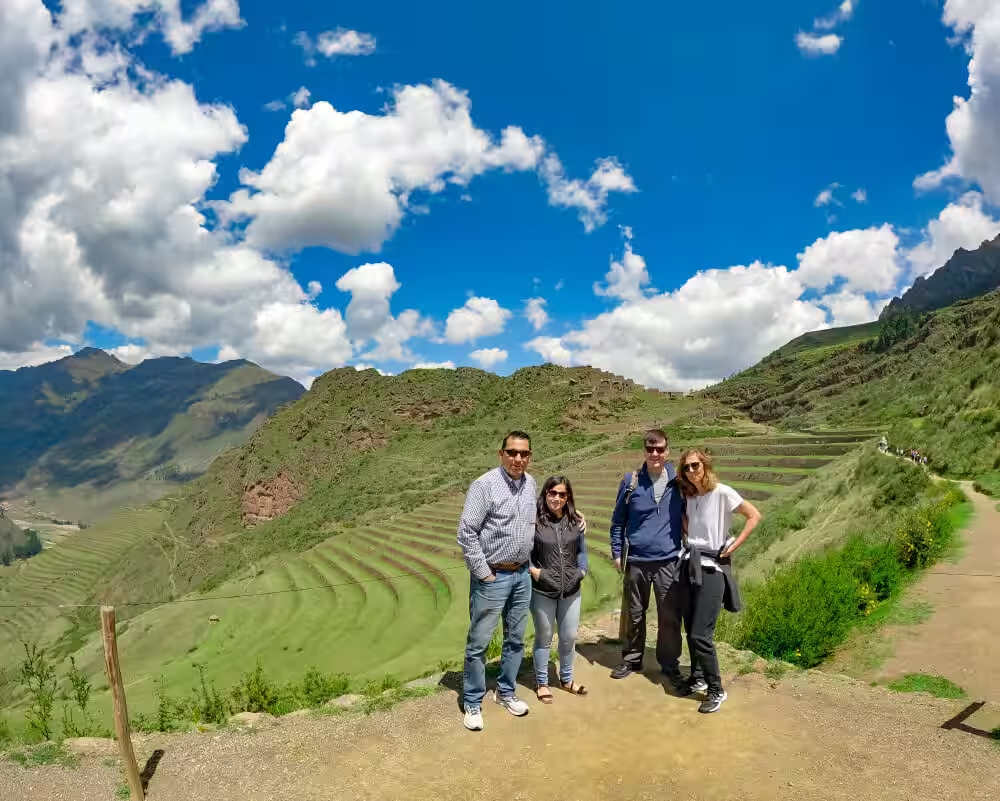
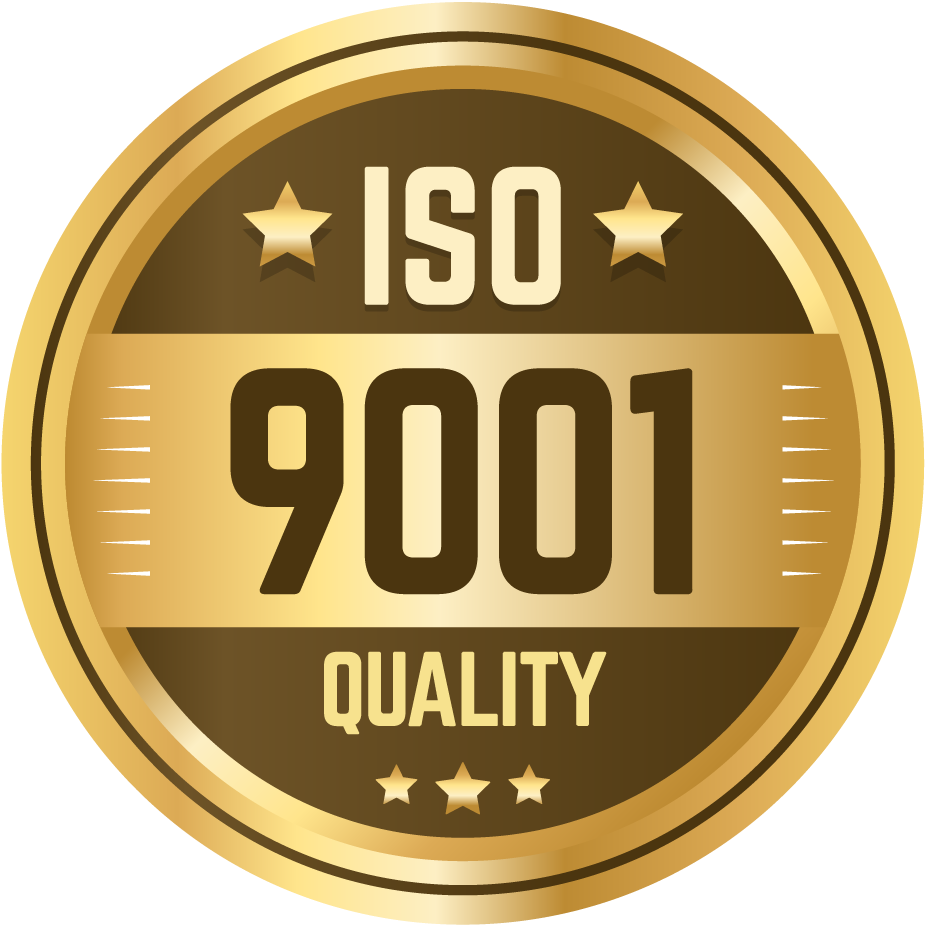
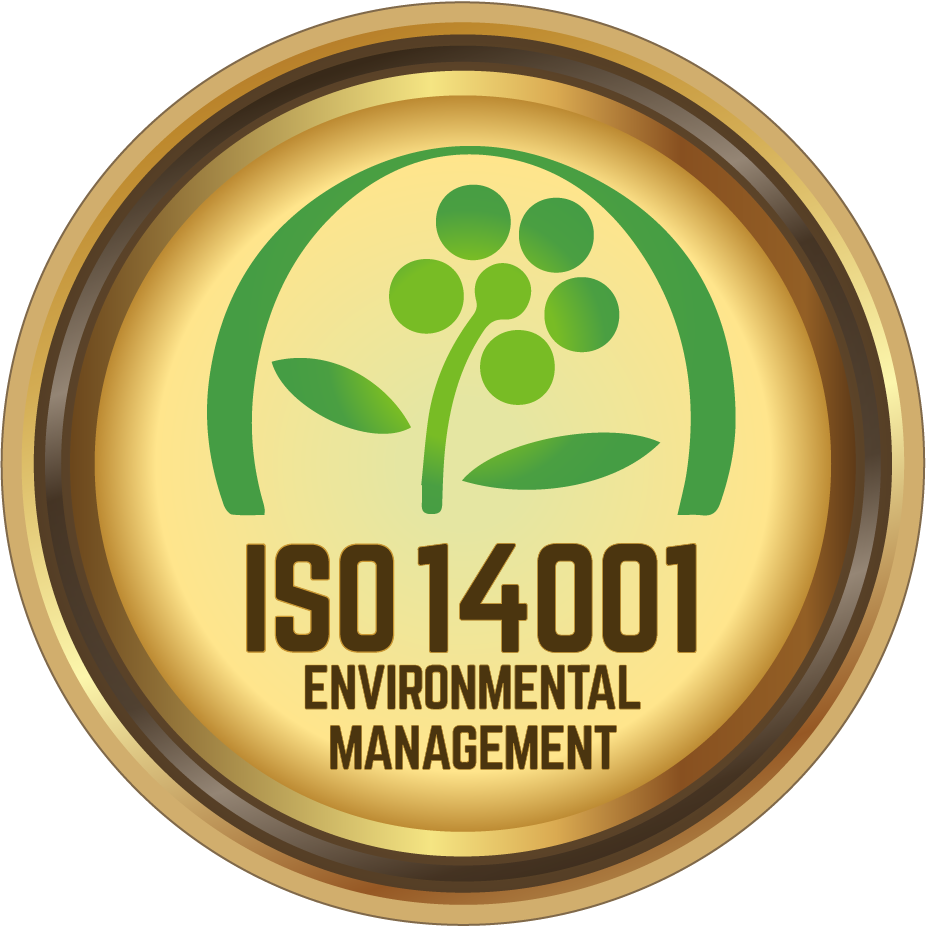
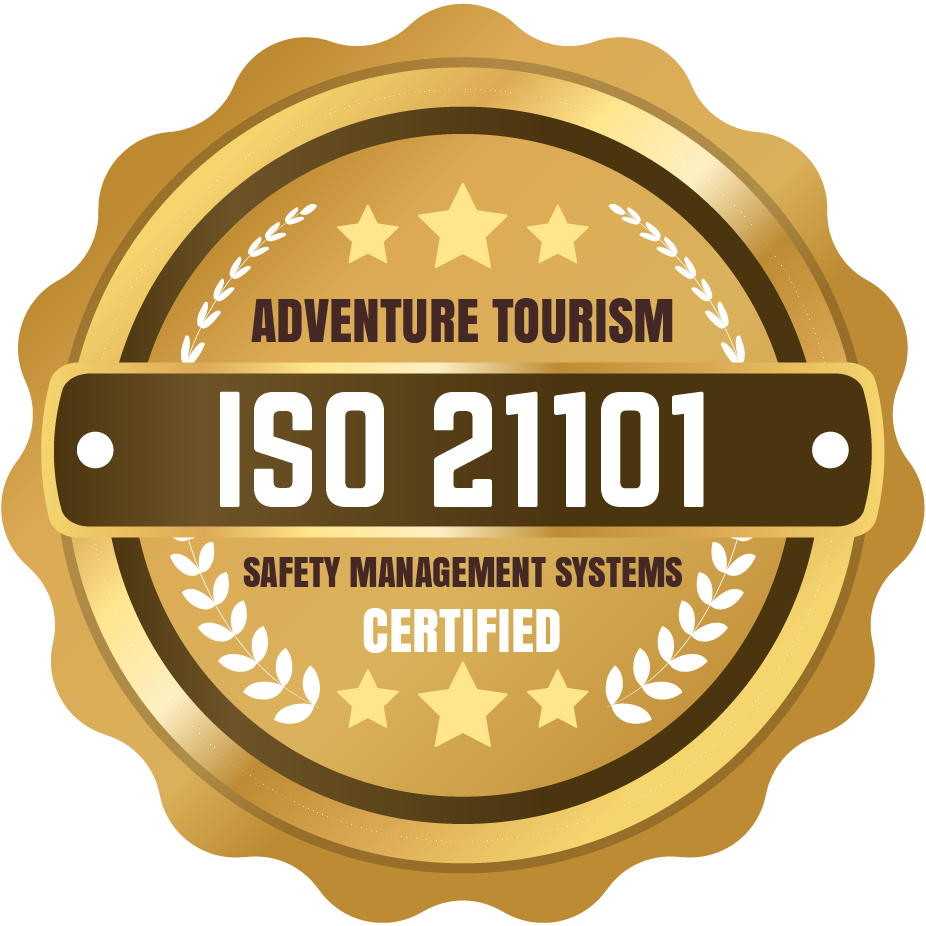
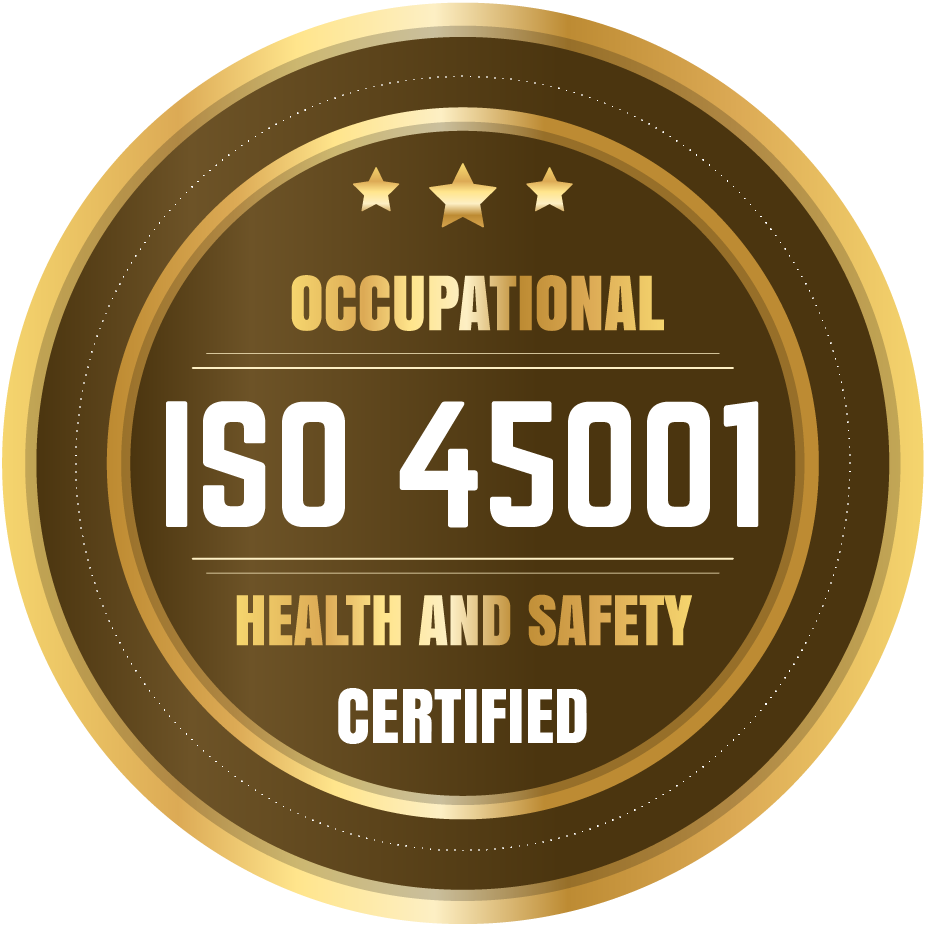
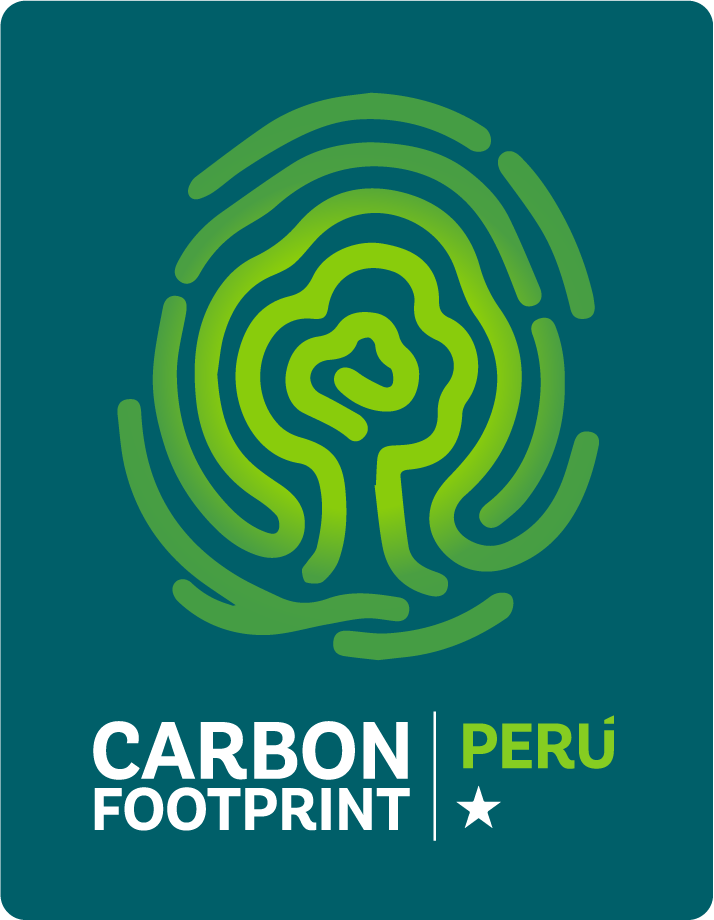
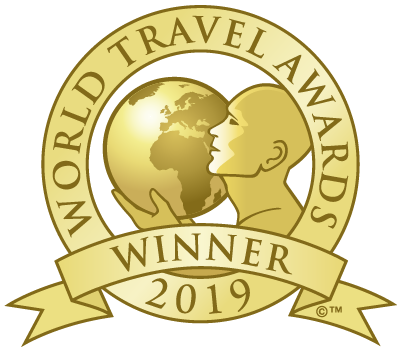
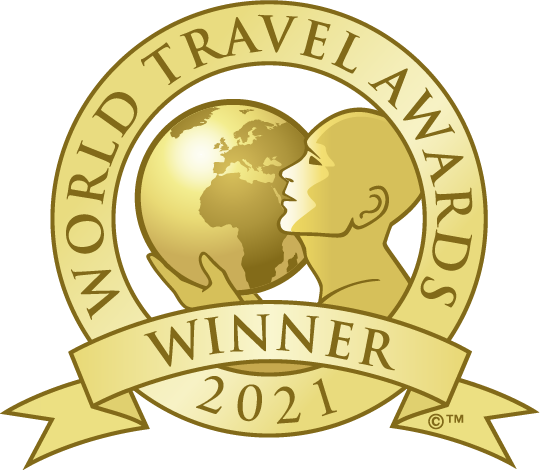
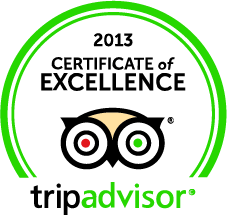
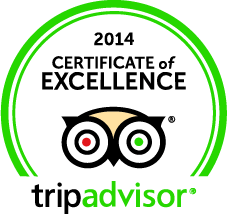
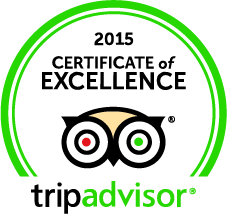


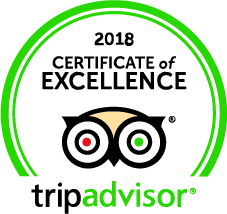
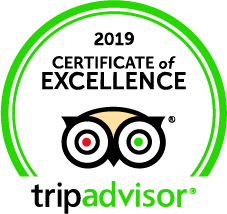


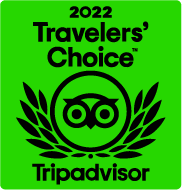
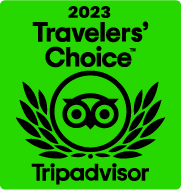
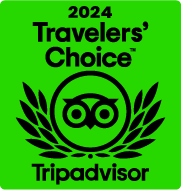












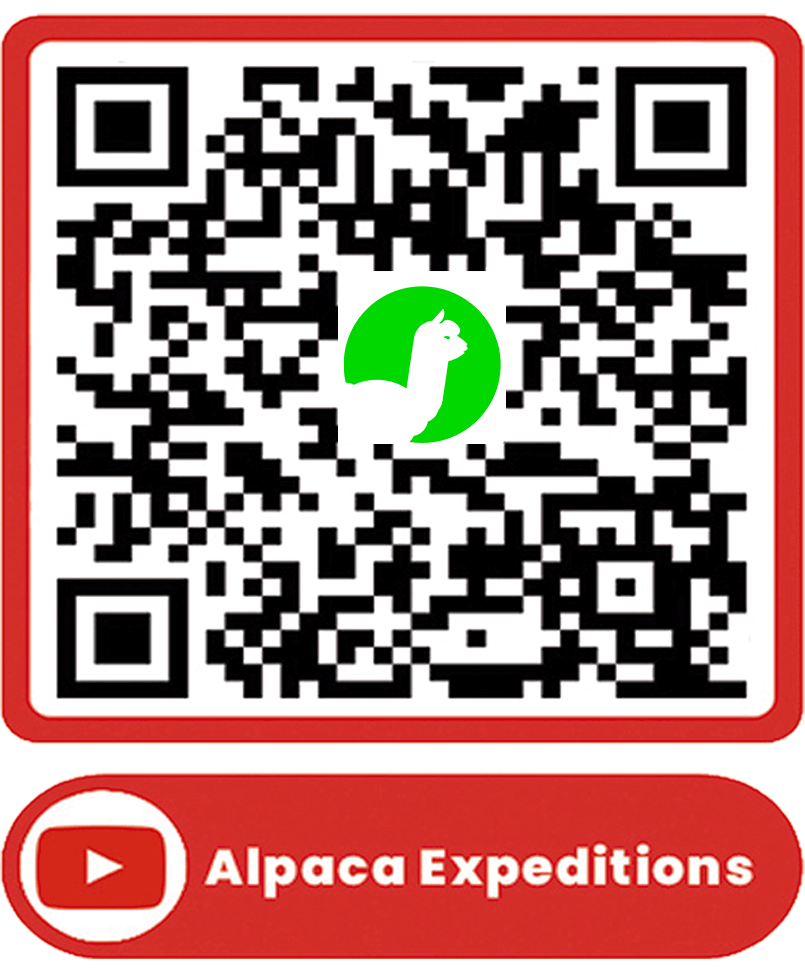

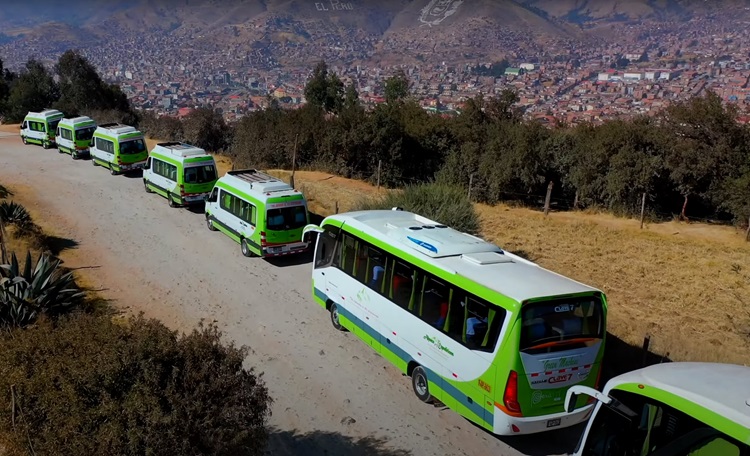
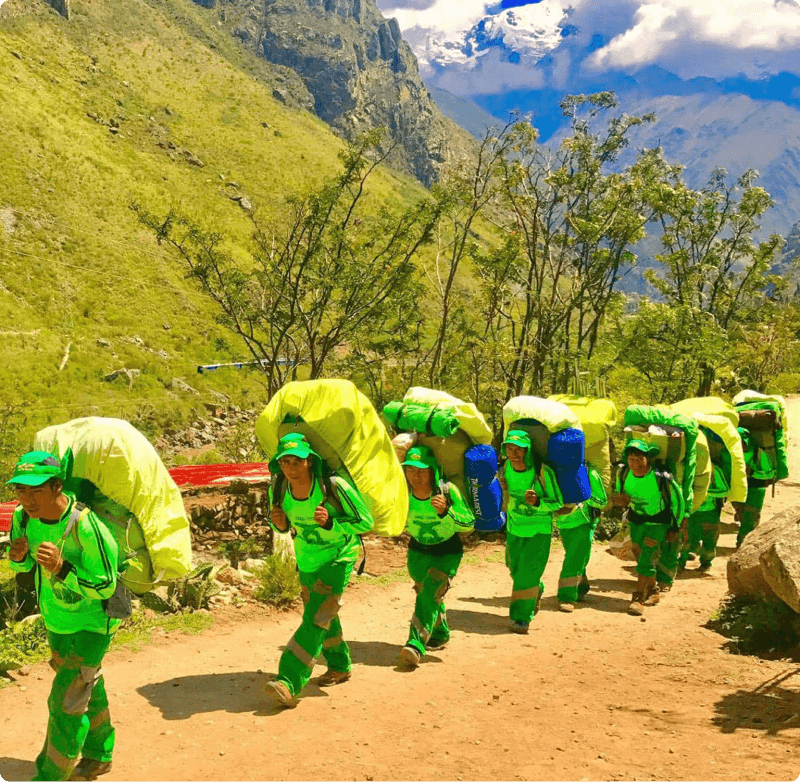 Porters will carry up to 7 kg of your personal items, which must include your sleeping bag and air mat (if you bring or rent one). From us, these two items weigh a combined total of 3.5 kg.
Porters will carry up to 7 kg of your personal items, which must include your sleeping bag and air mat (if you bring or rent one). From us, these two items weigh a combined total of 3.5 kg.